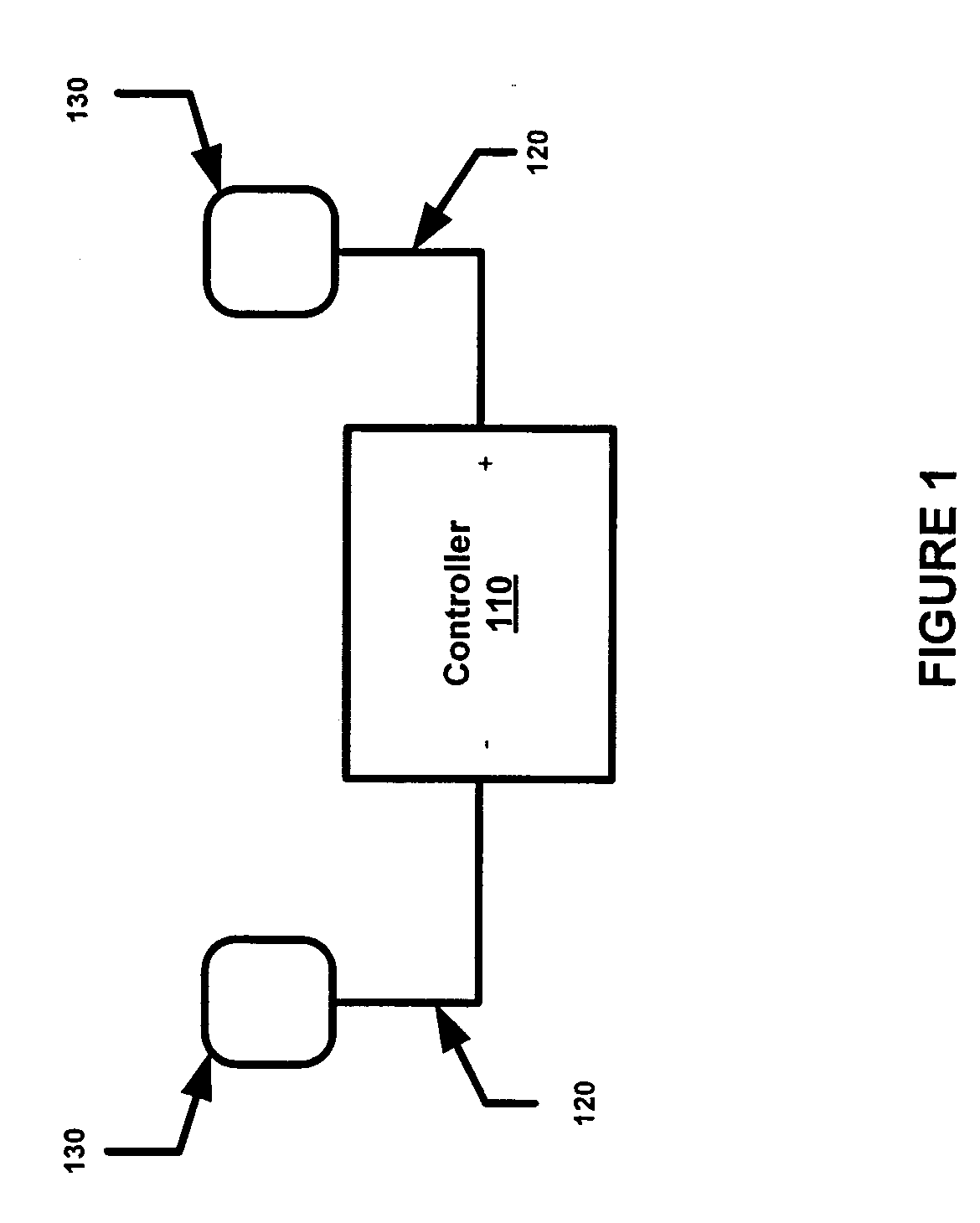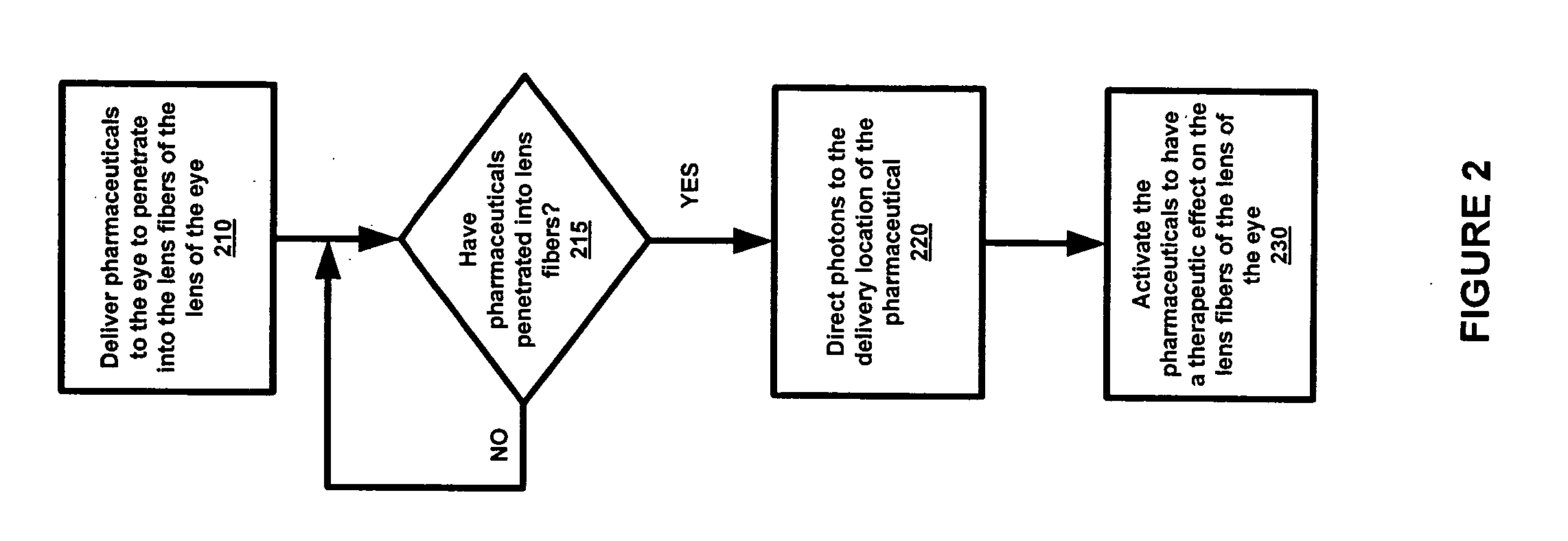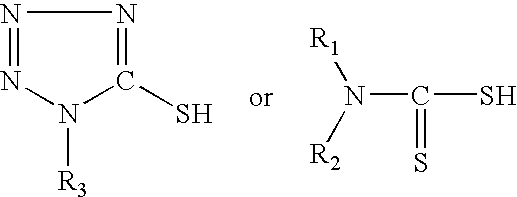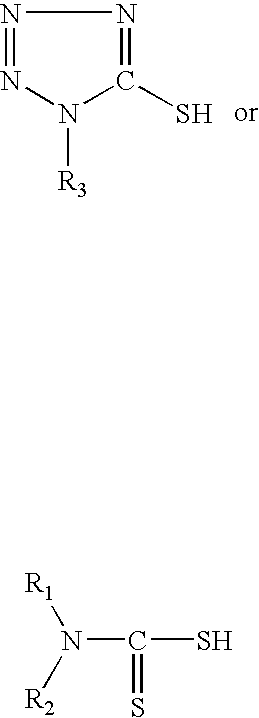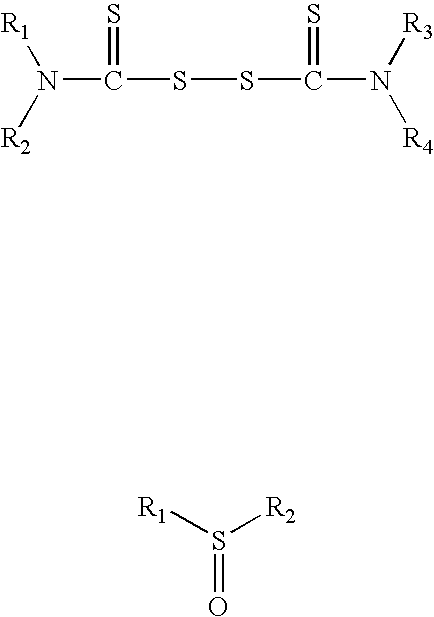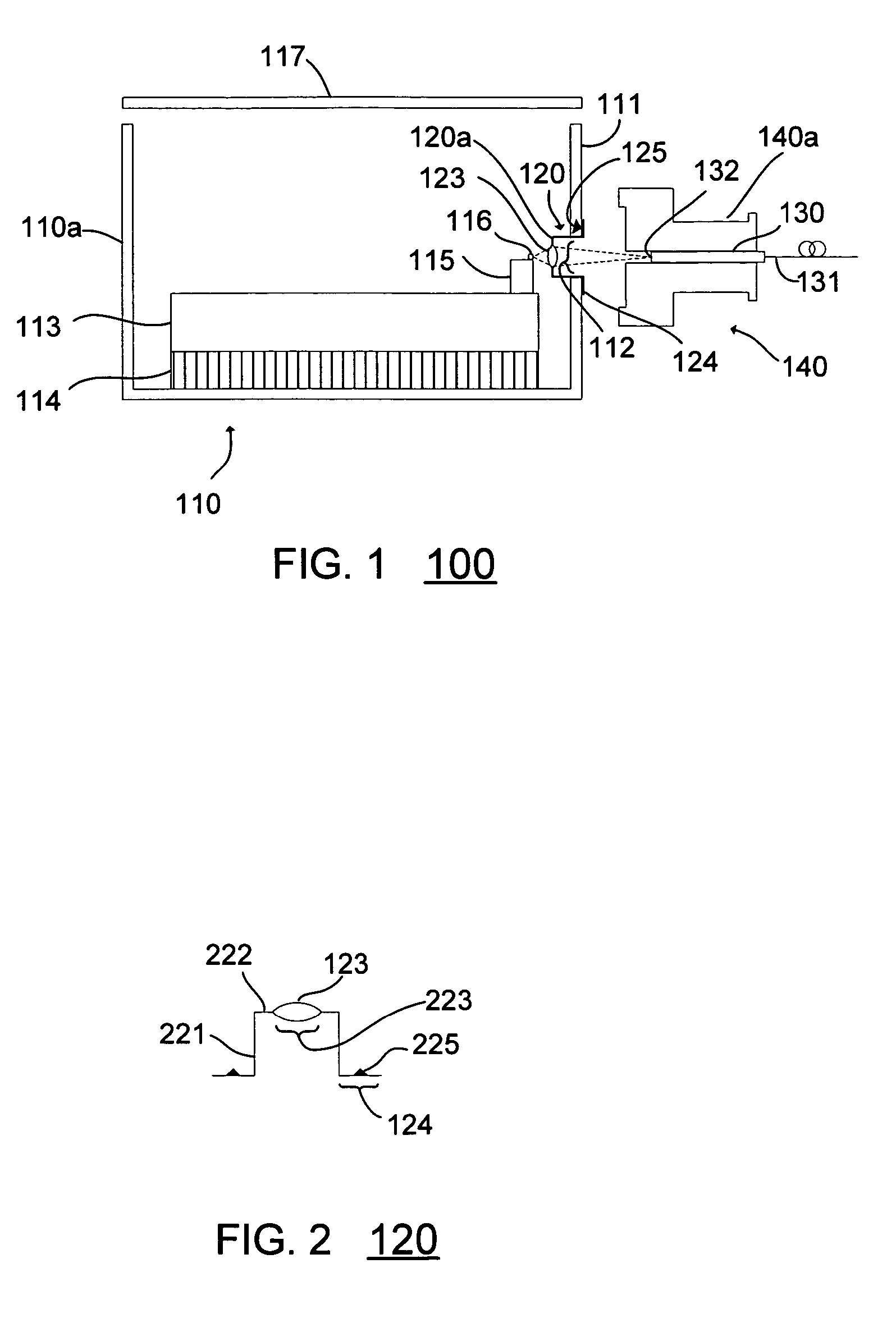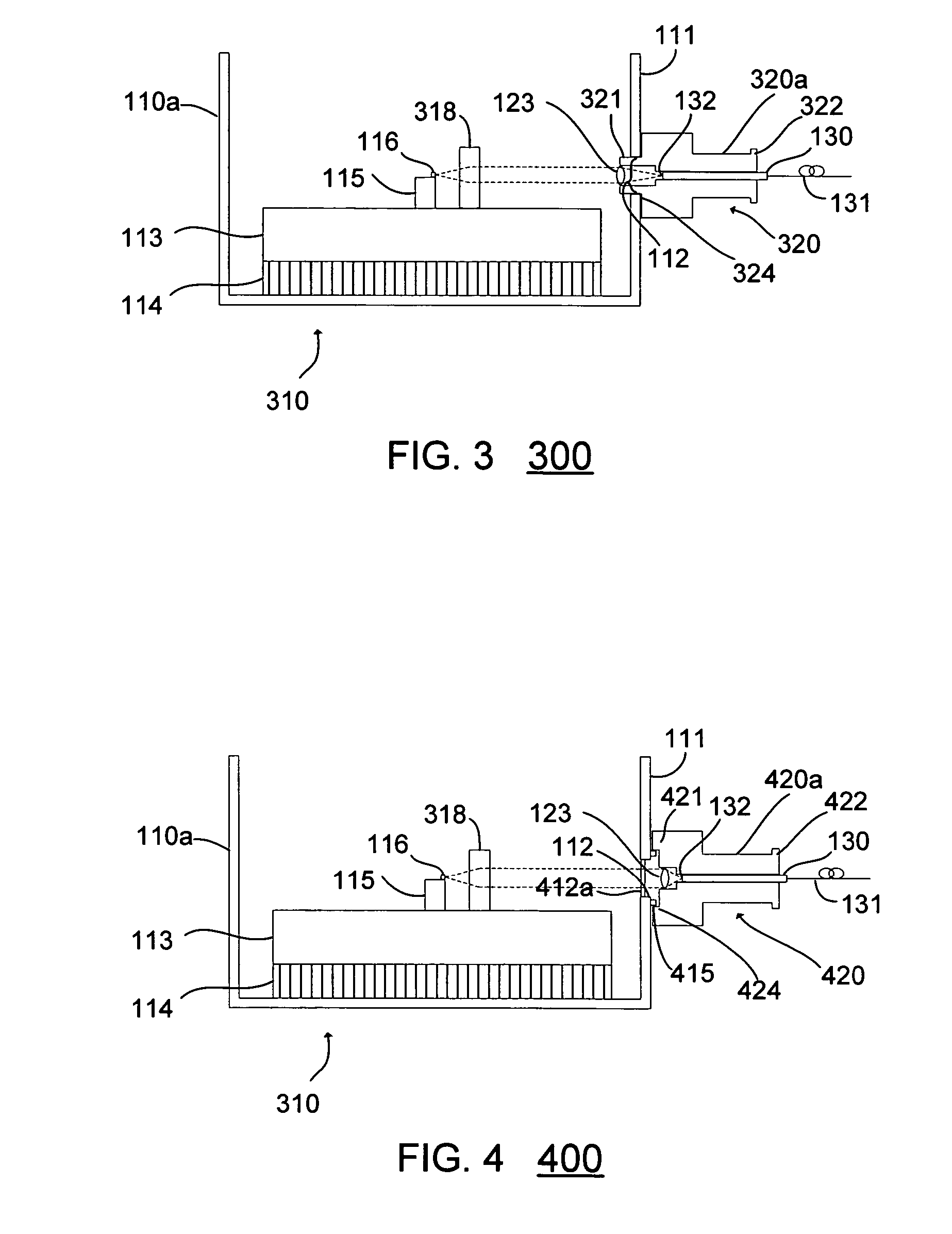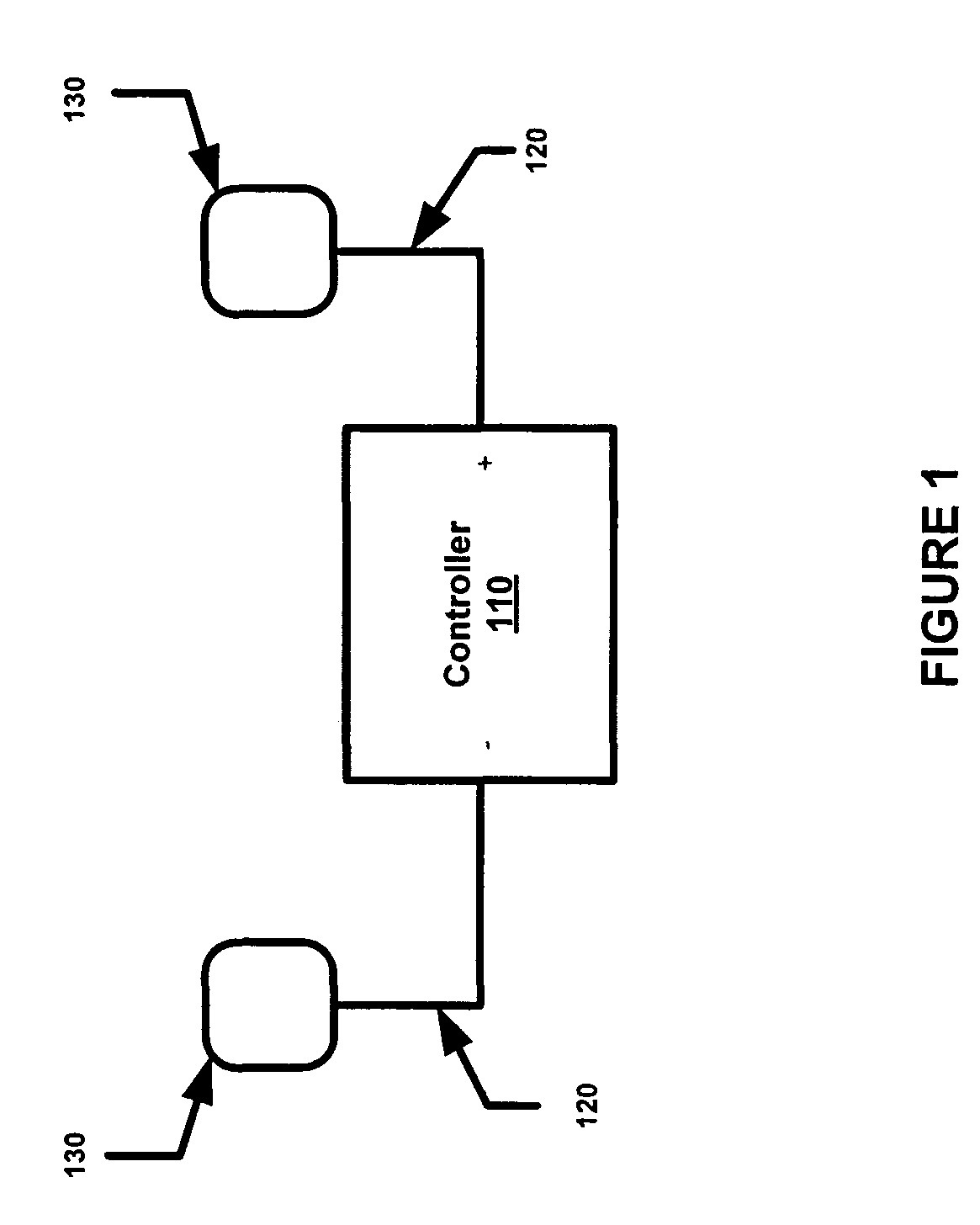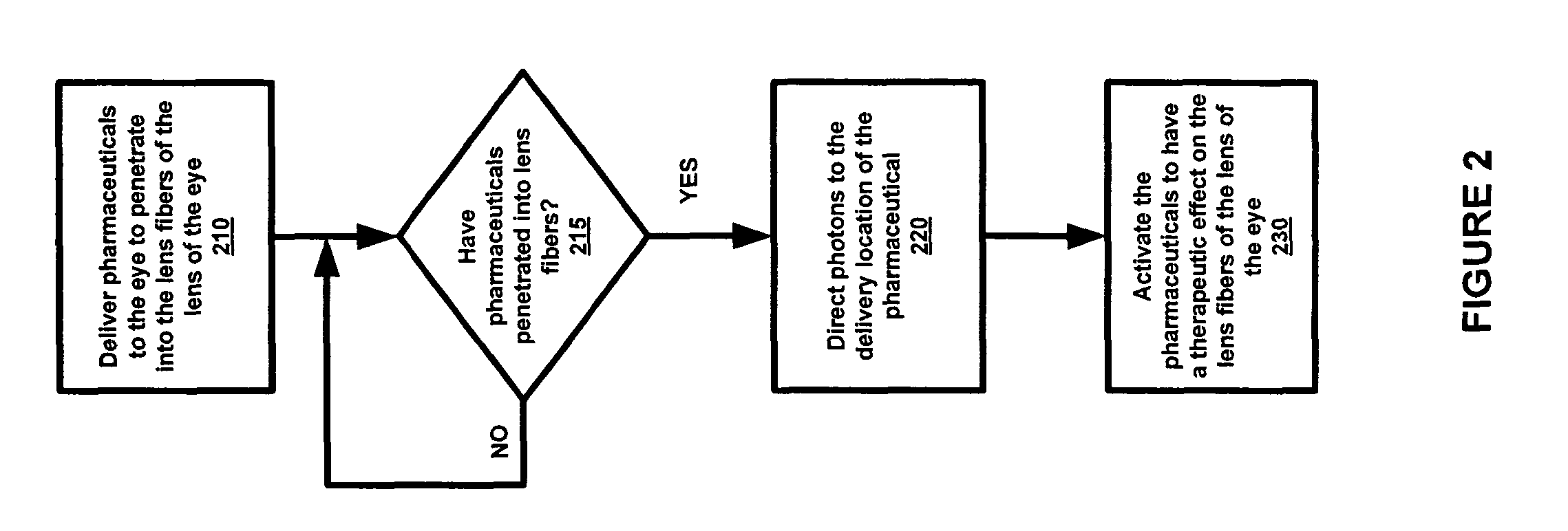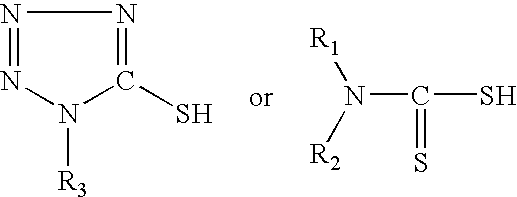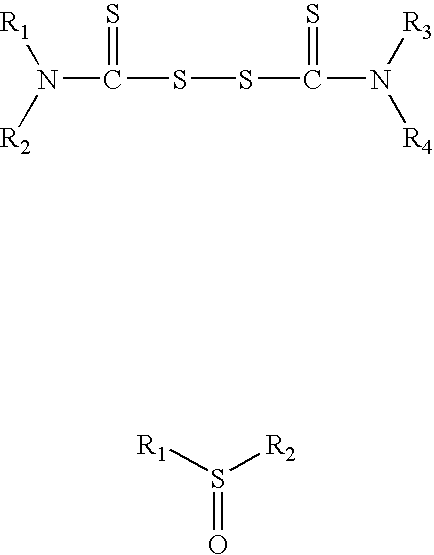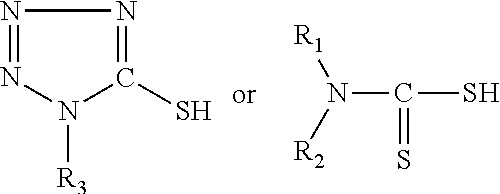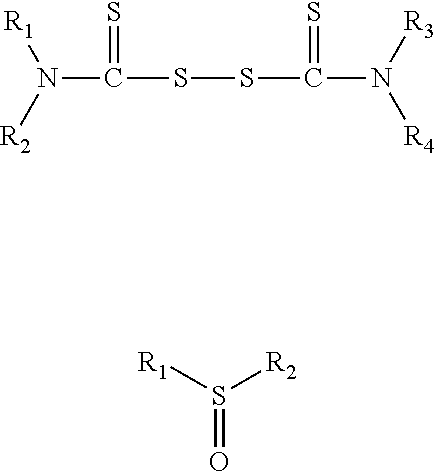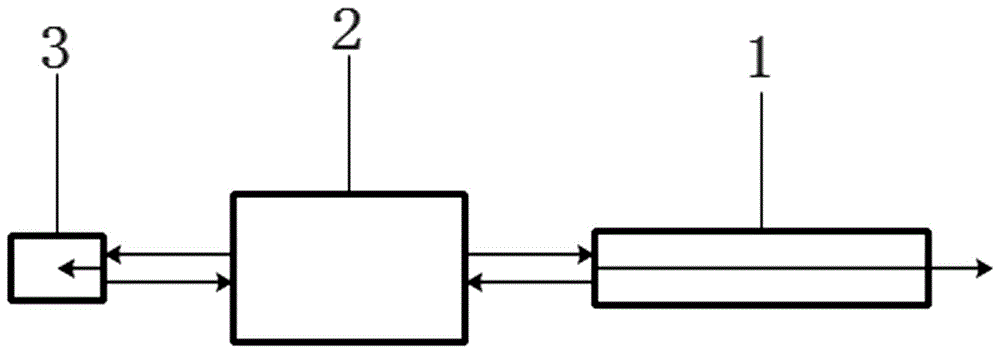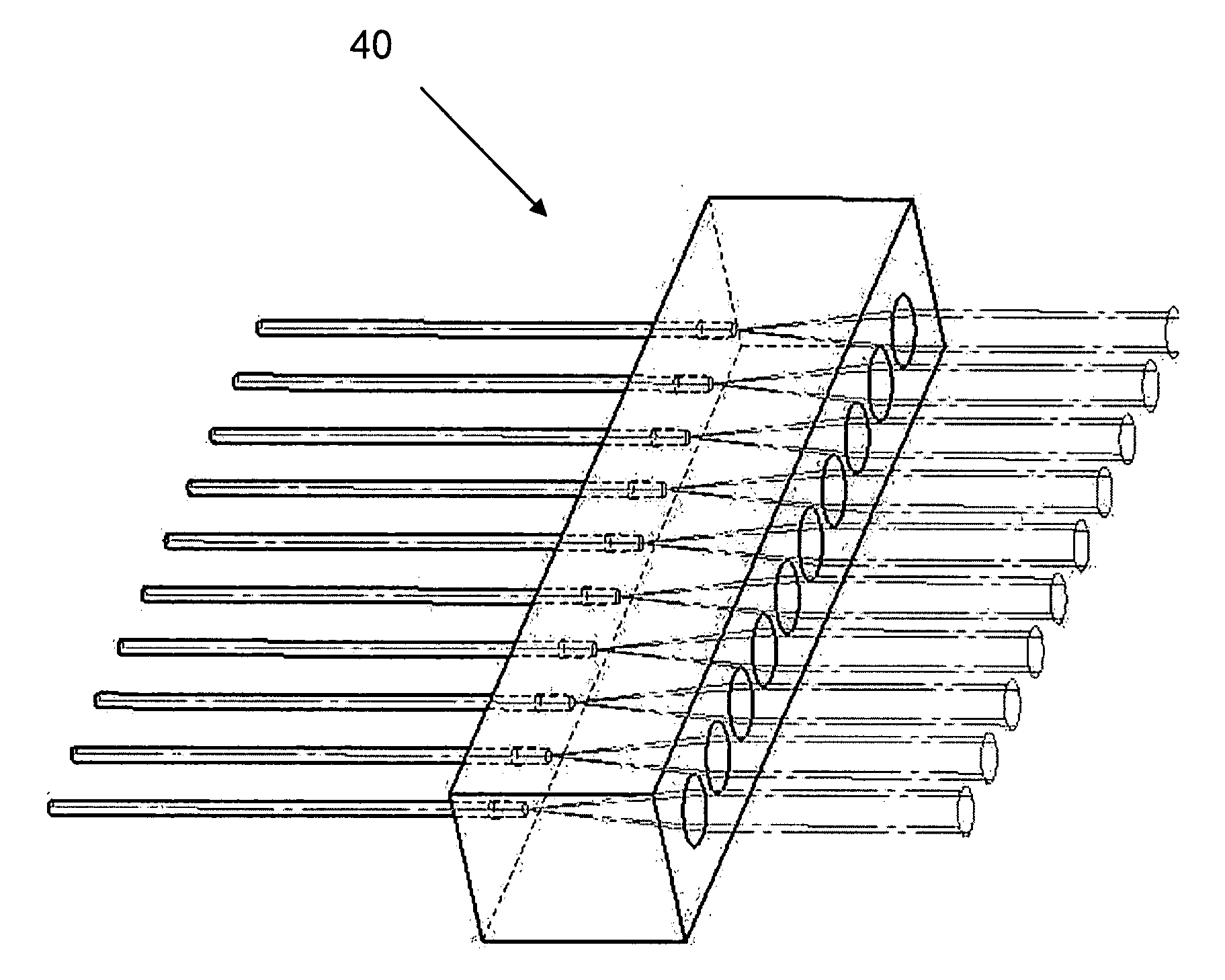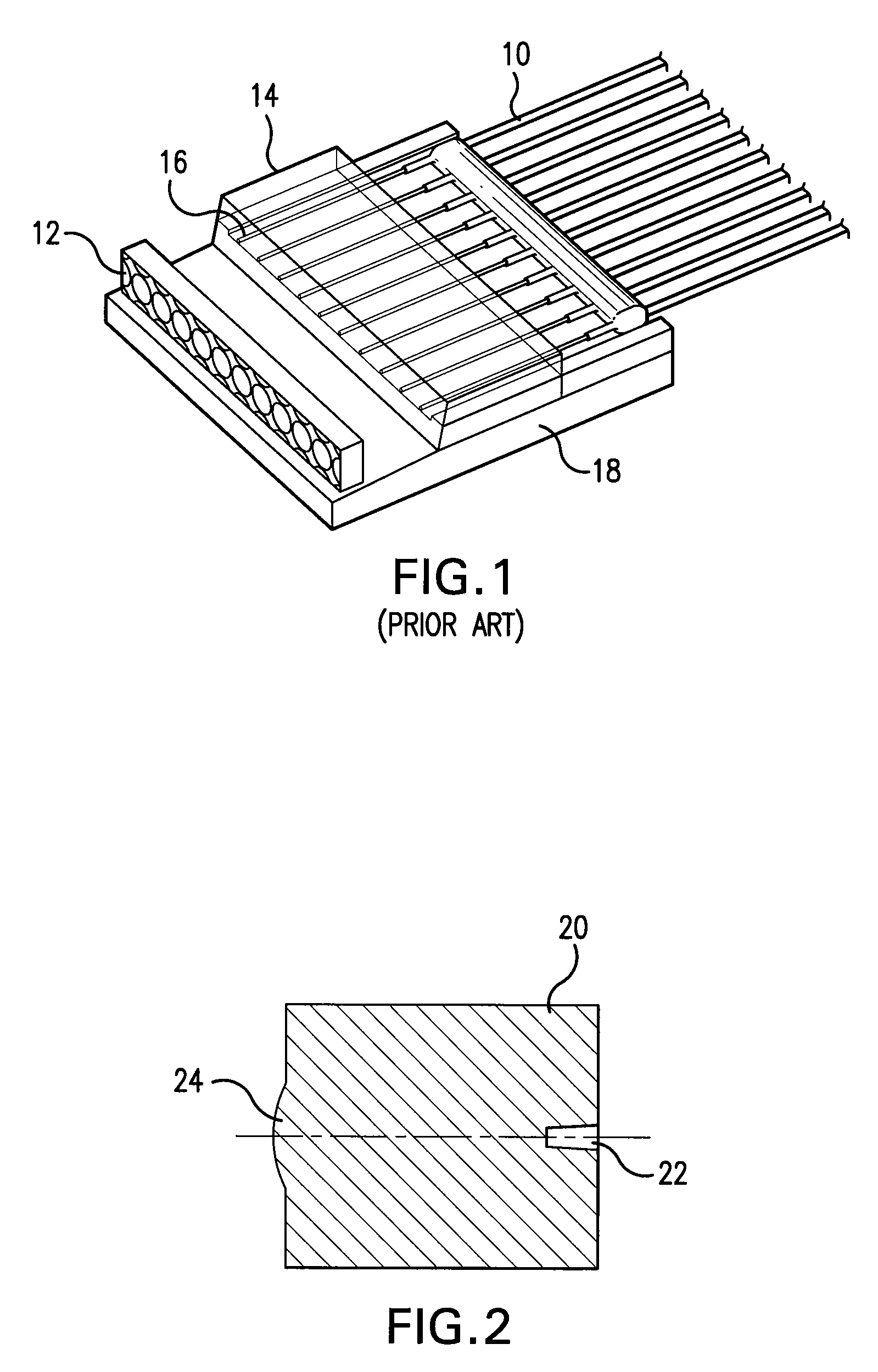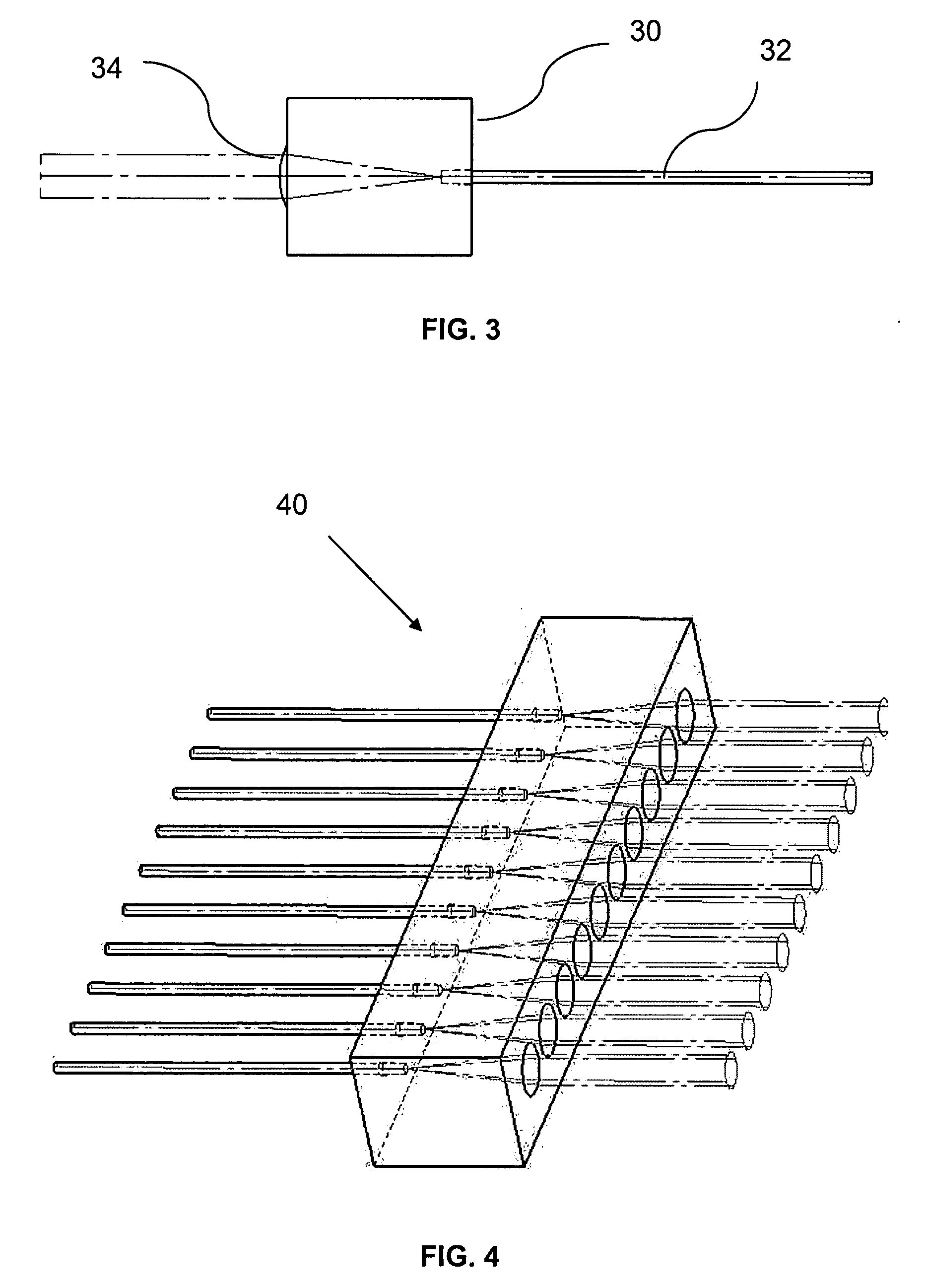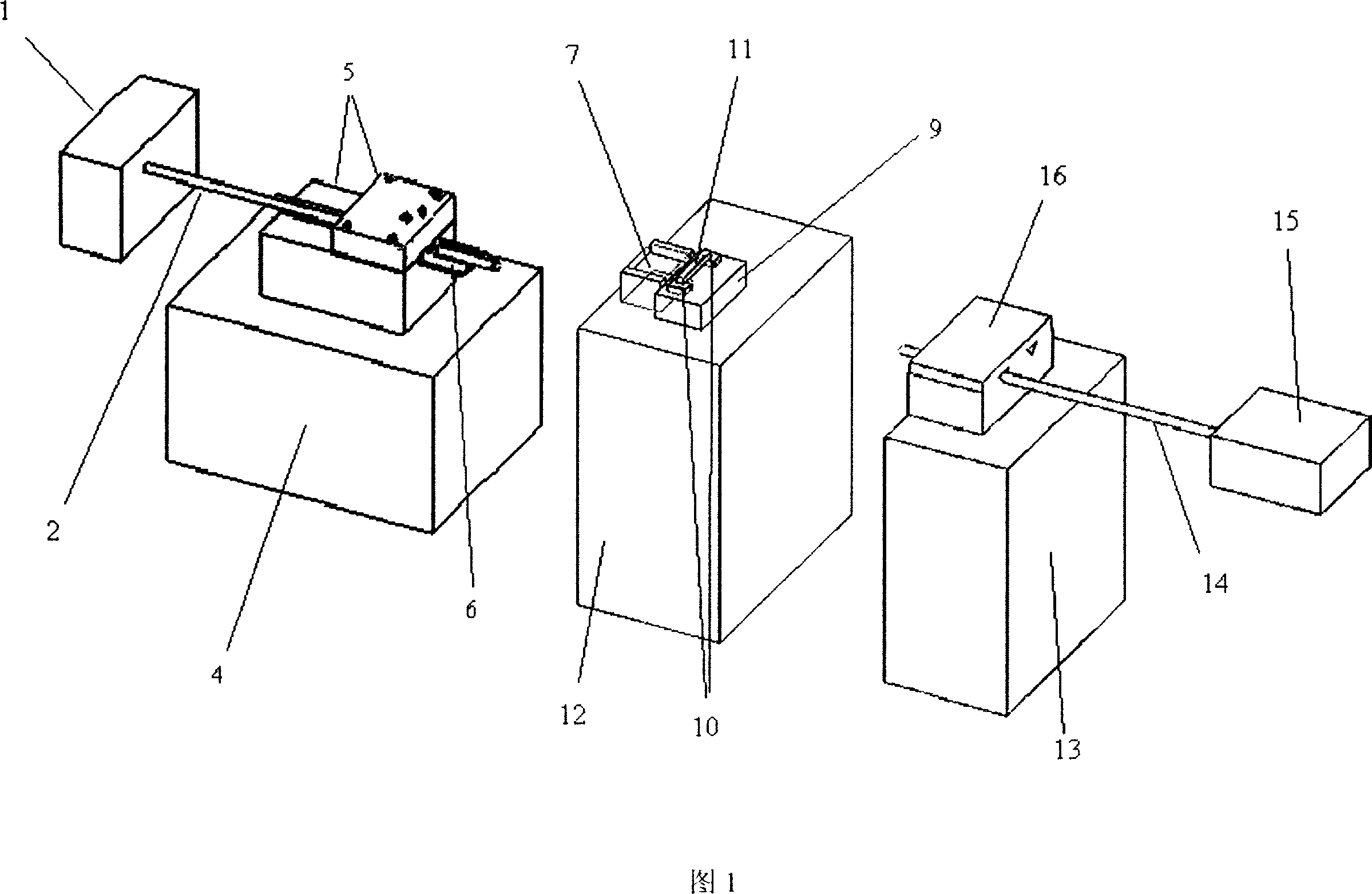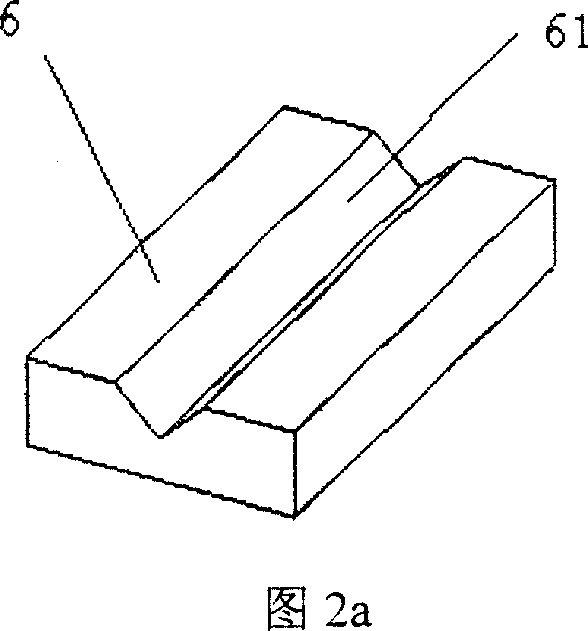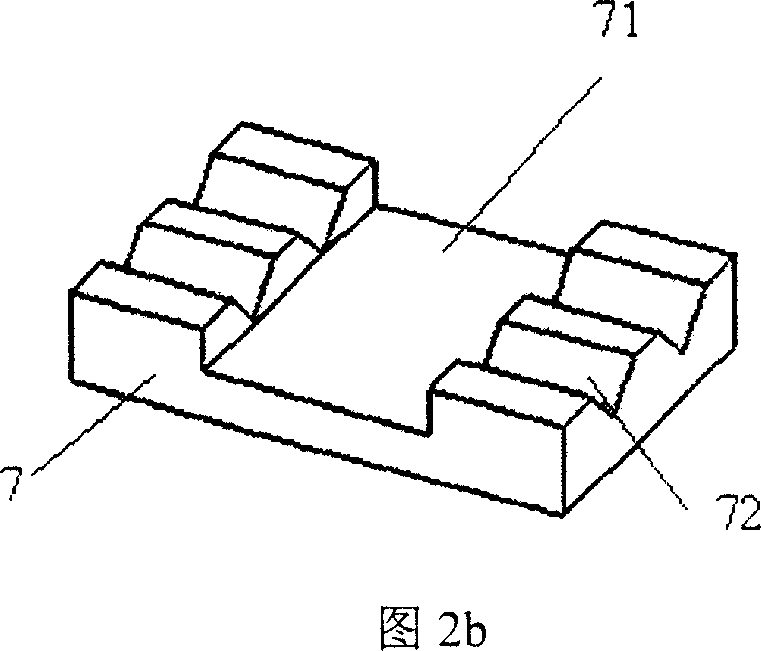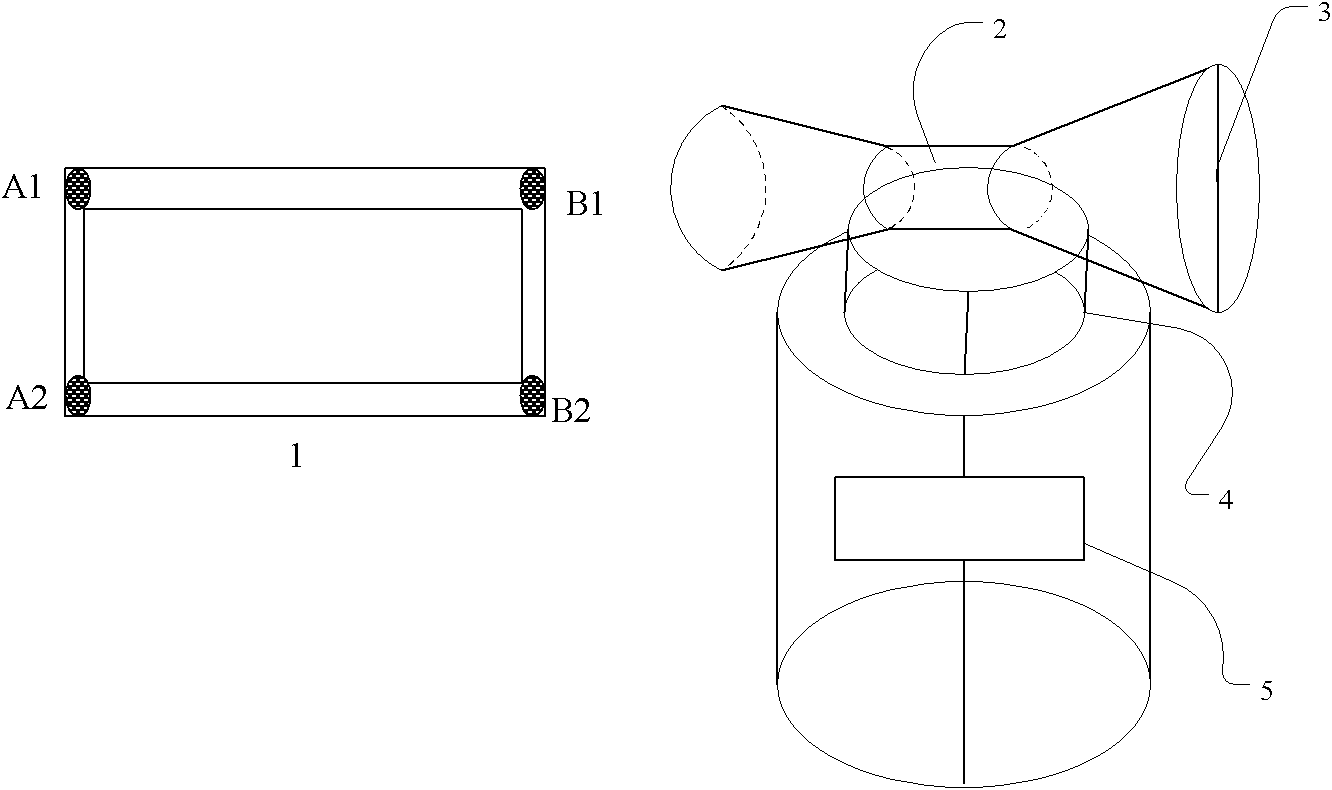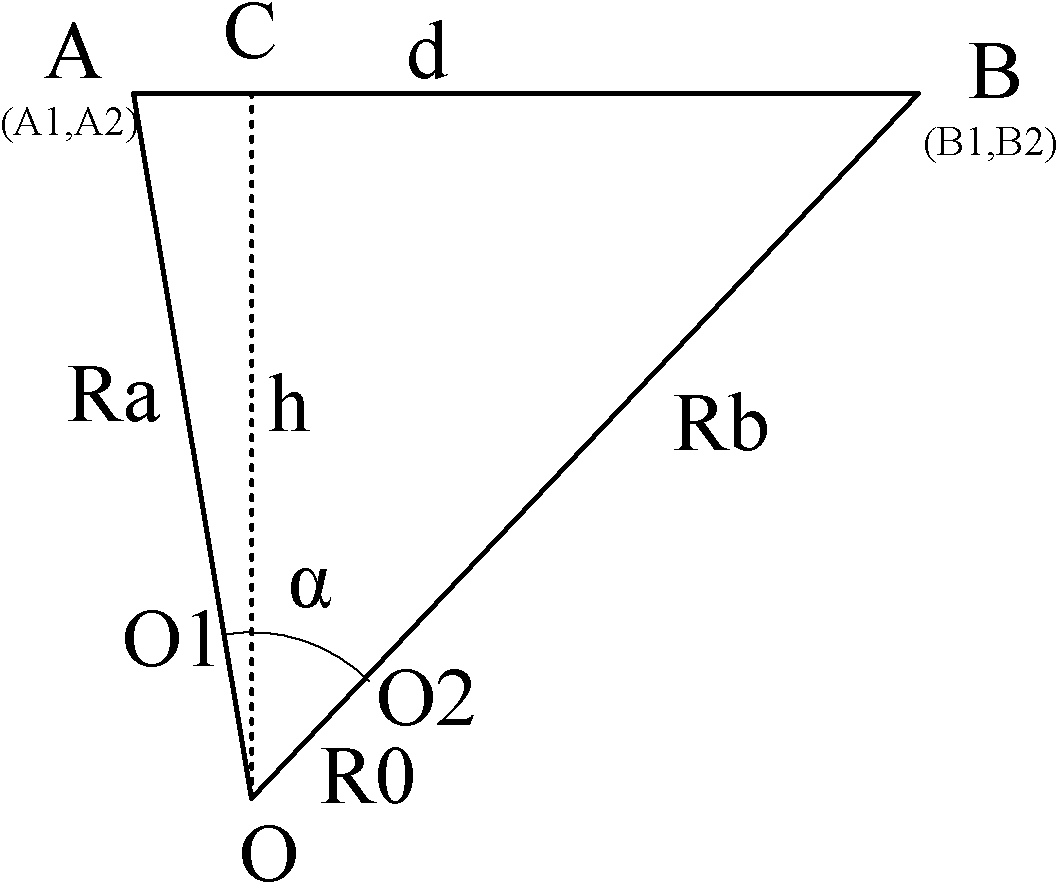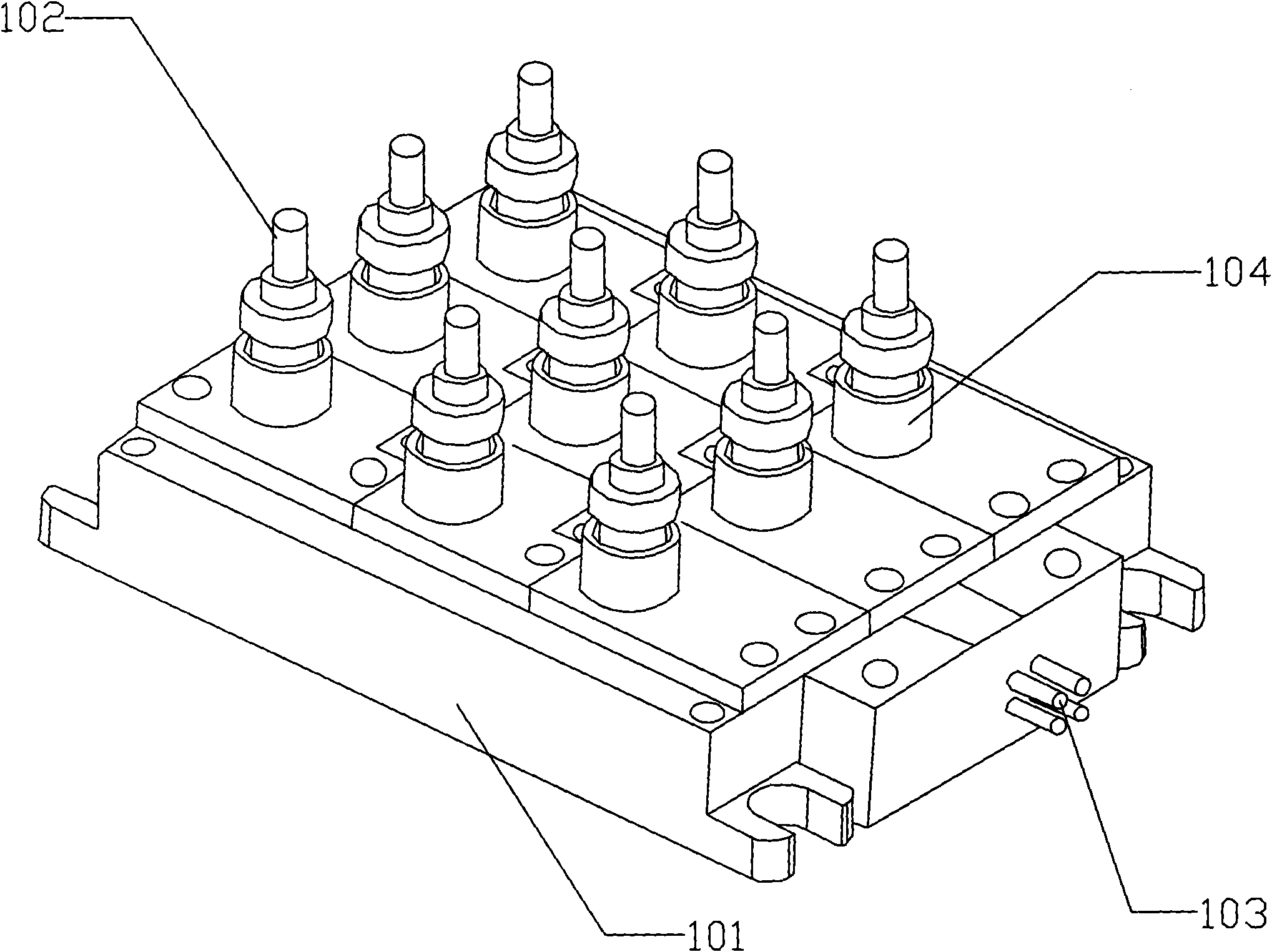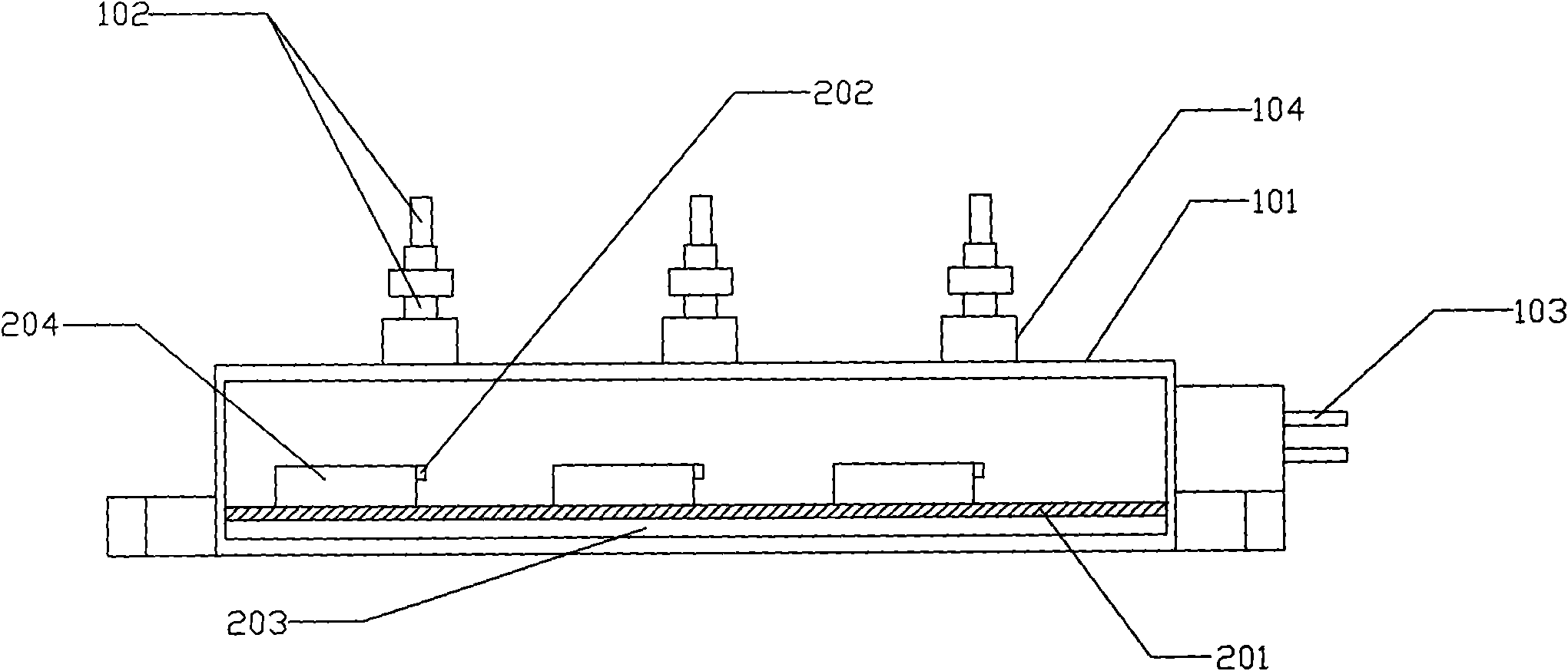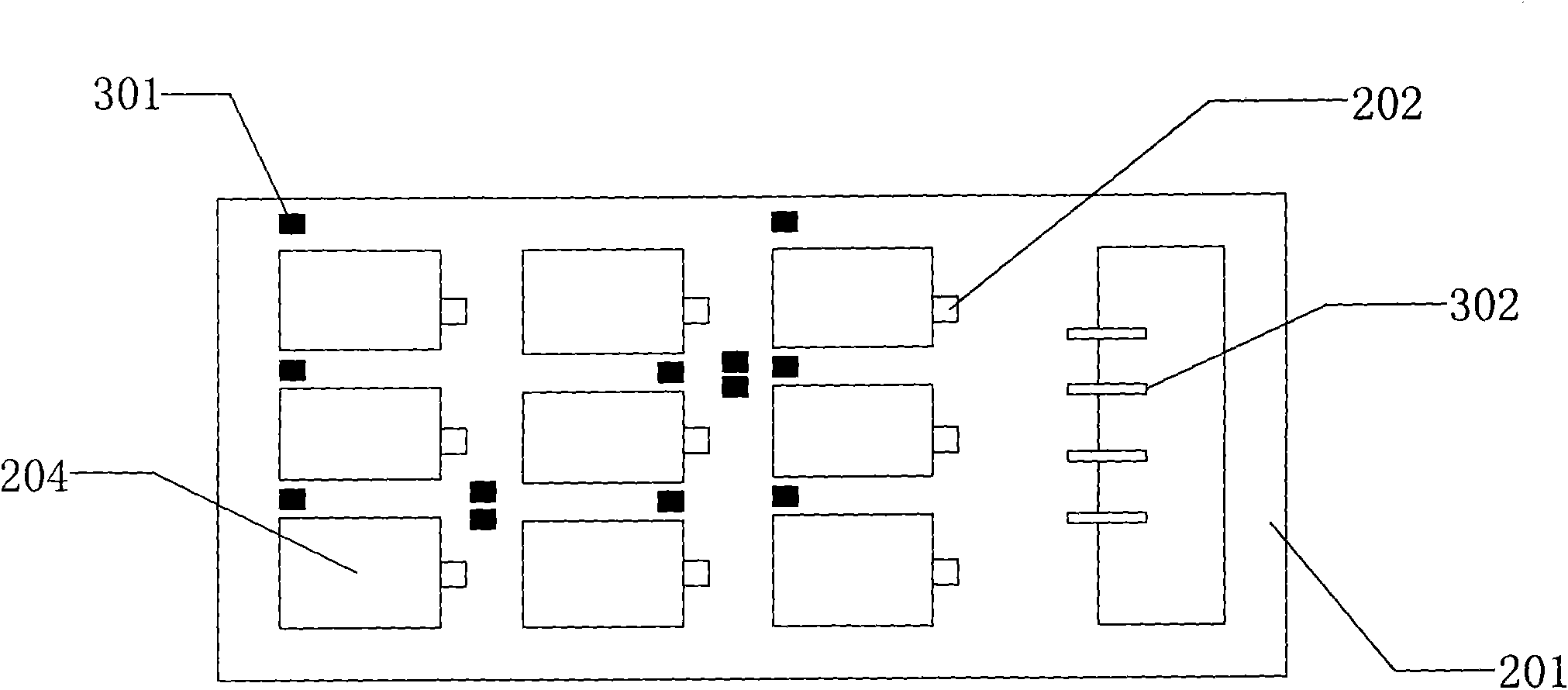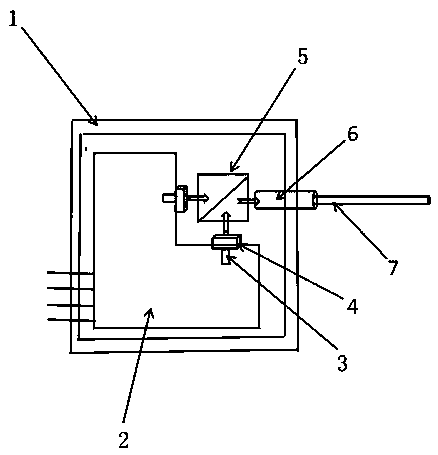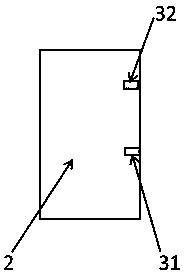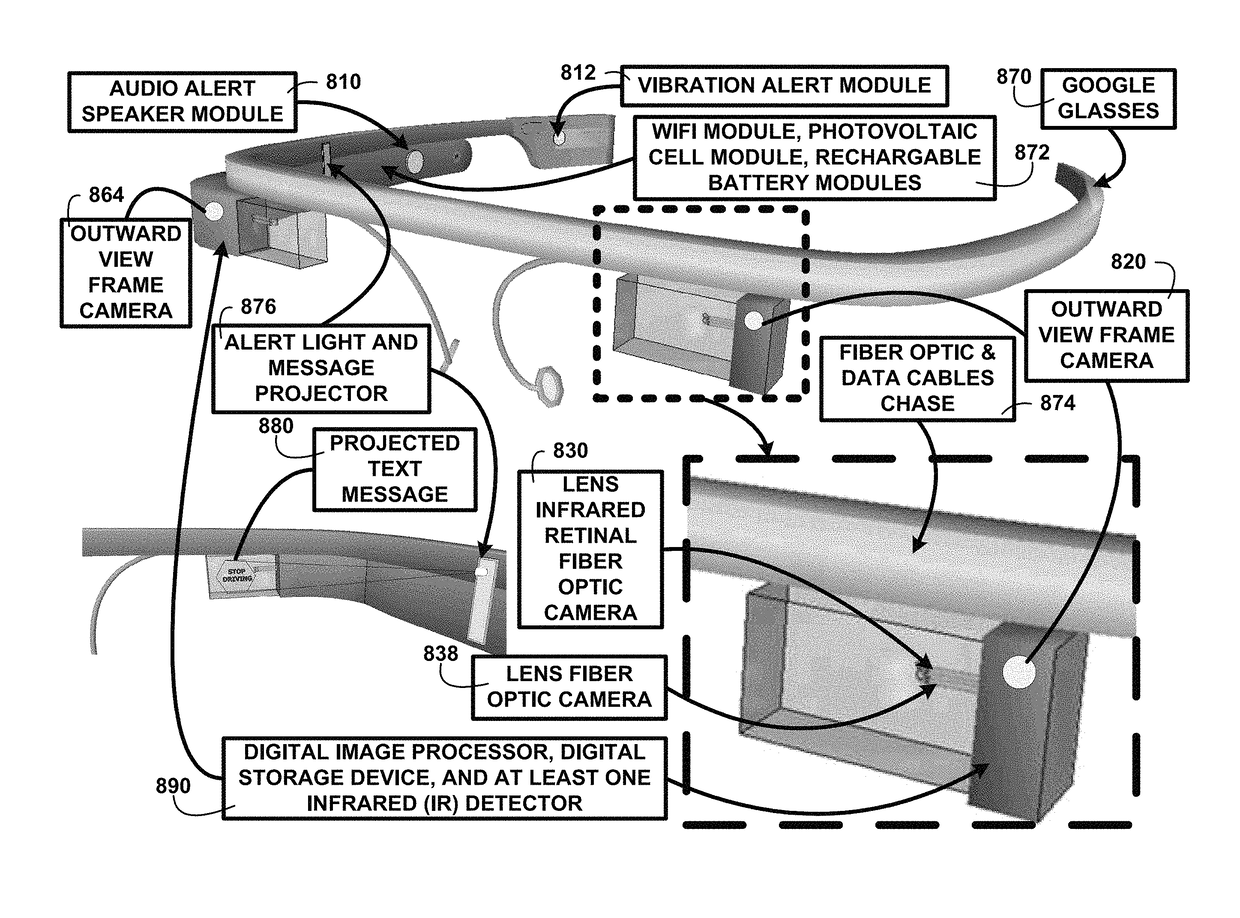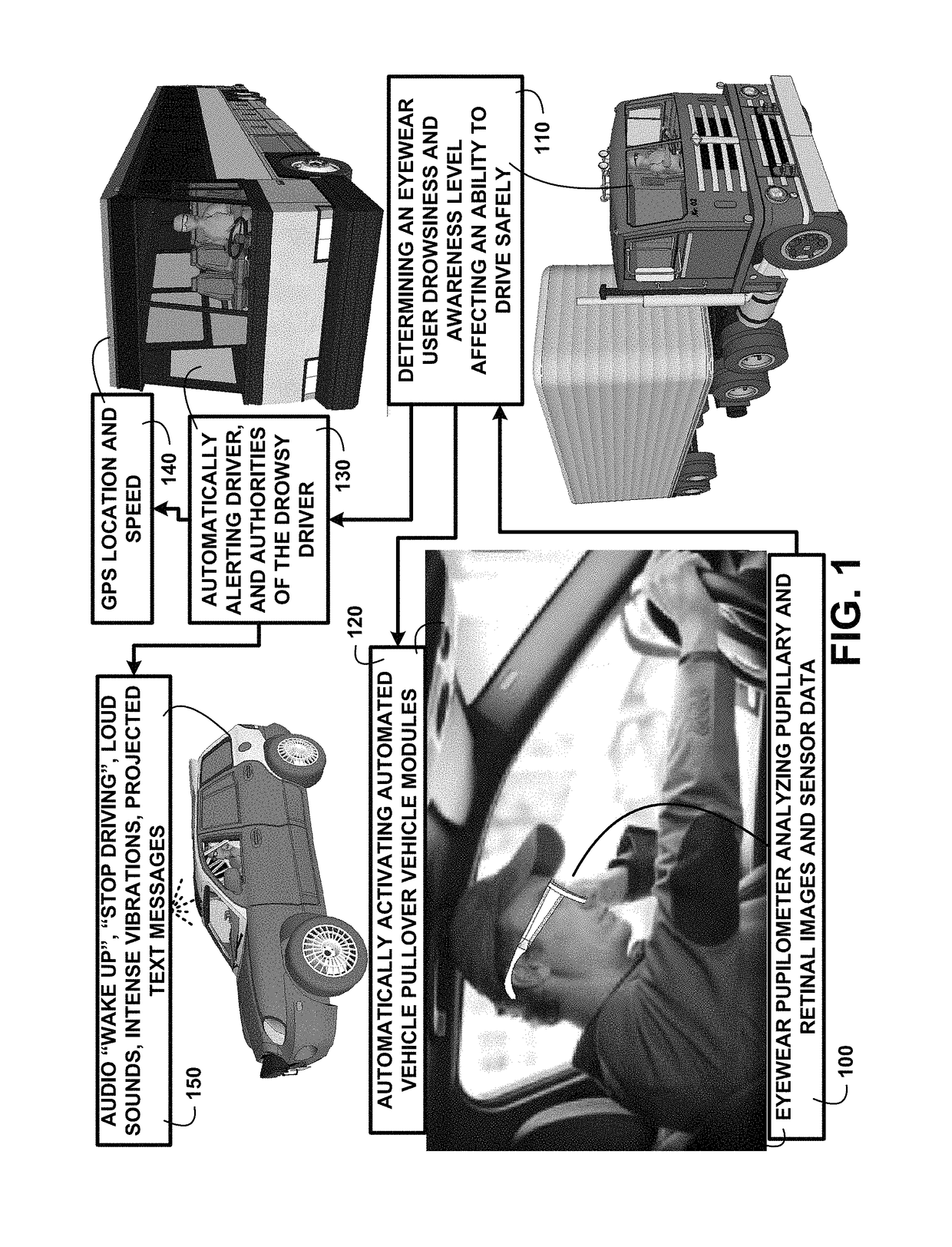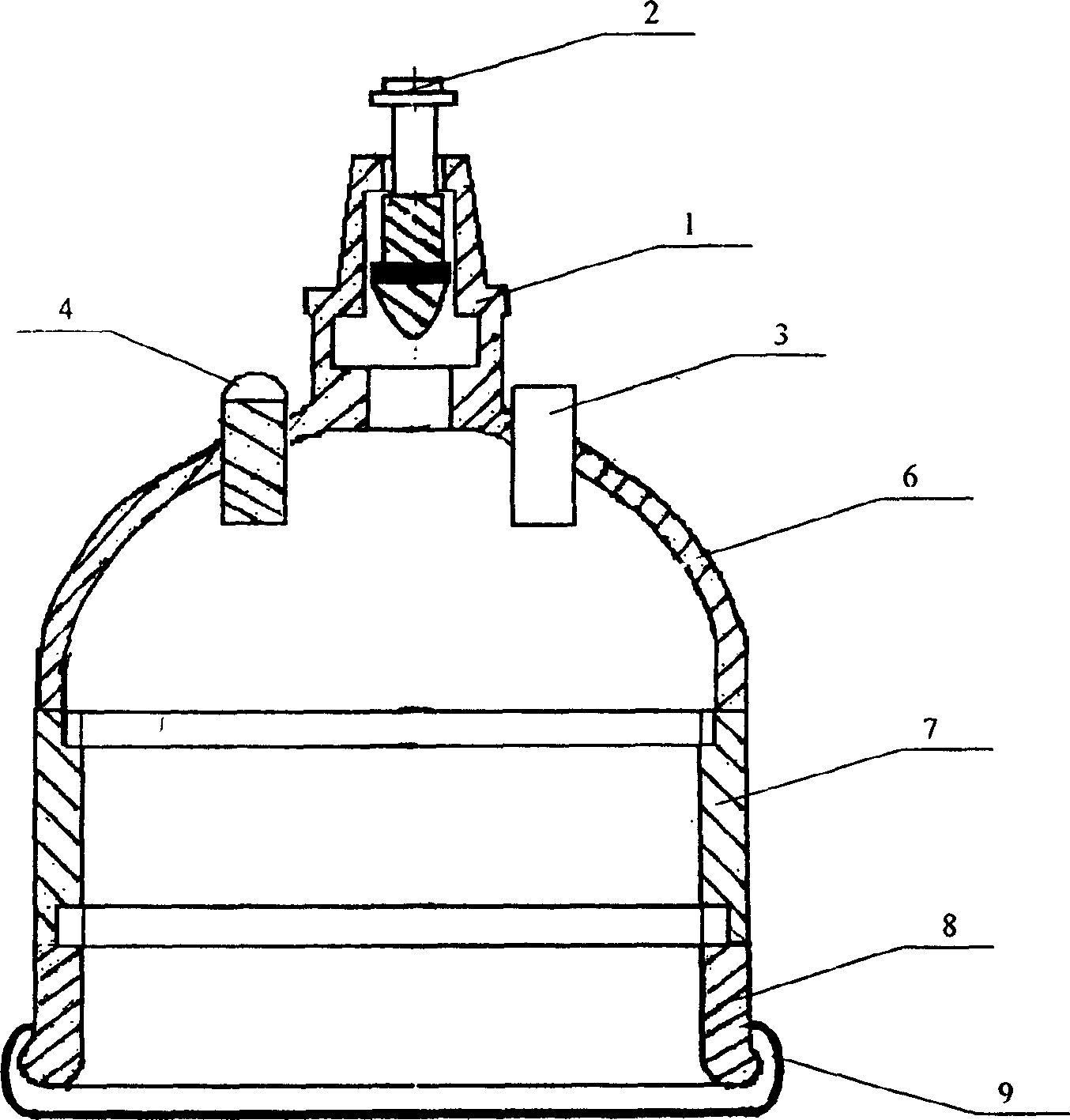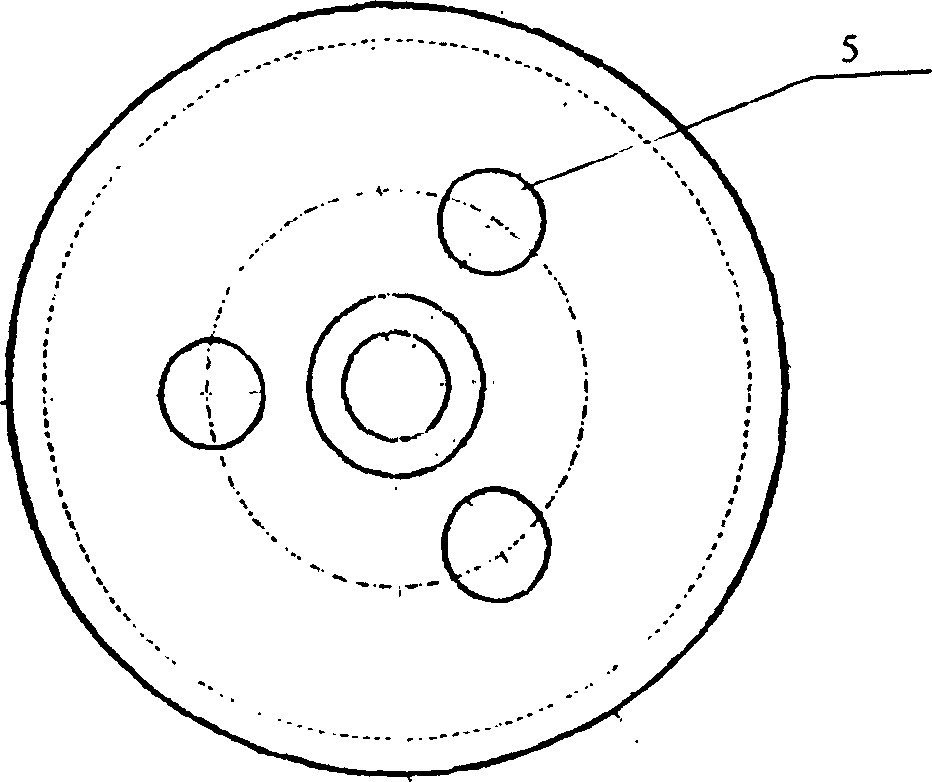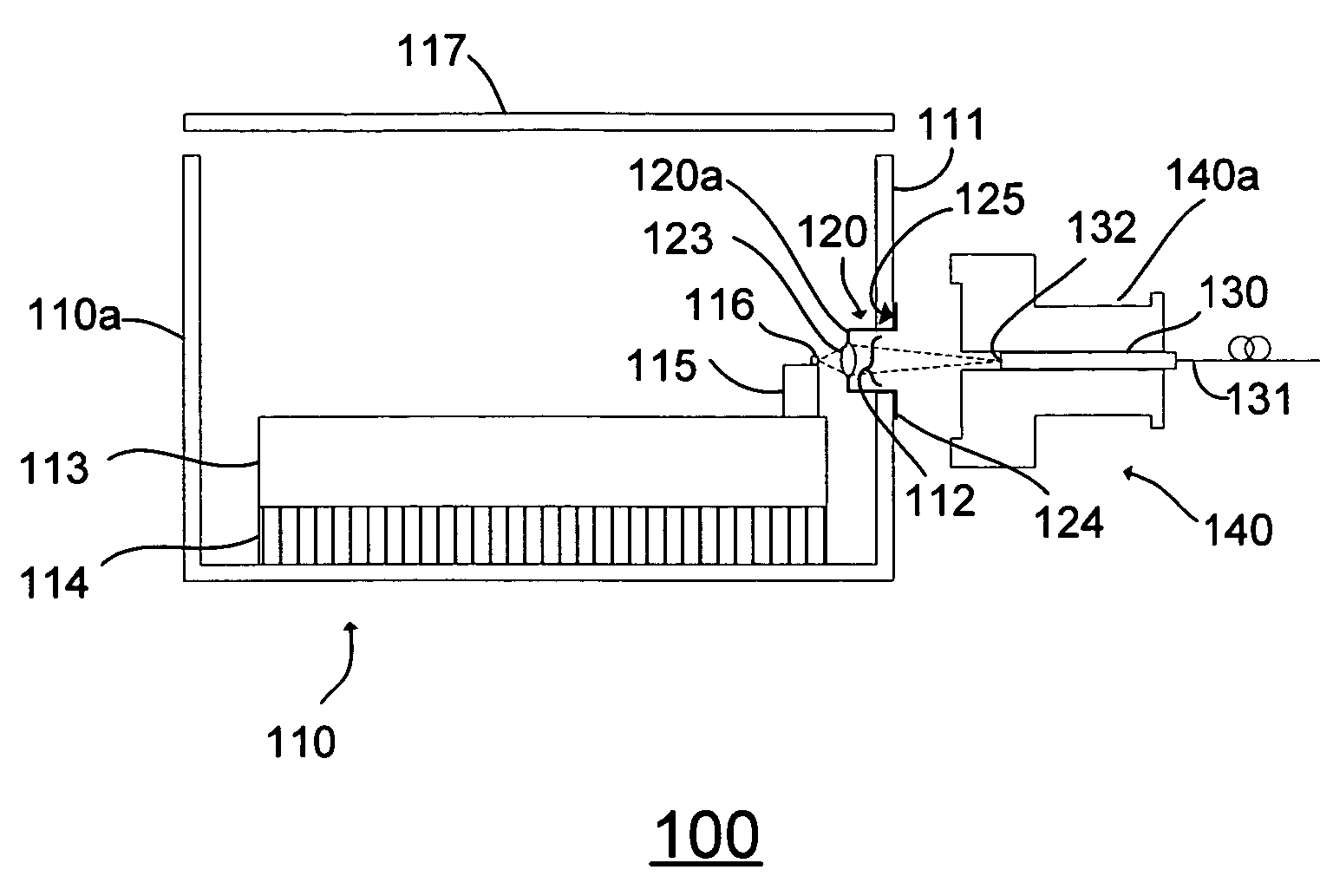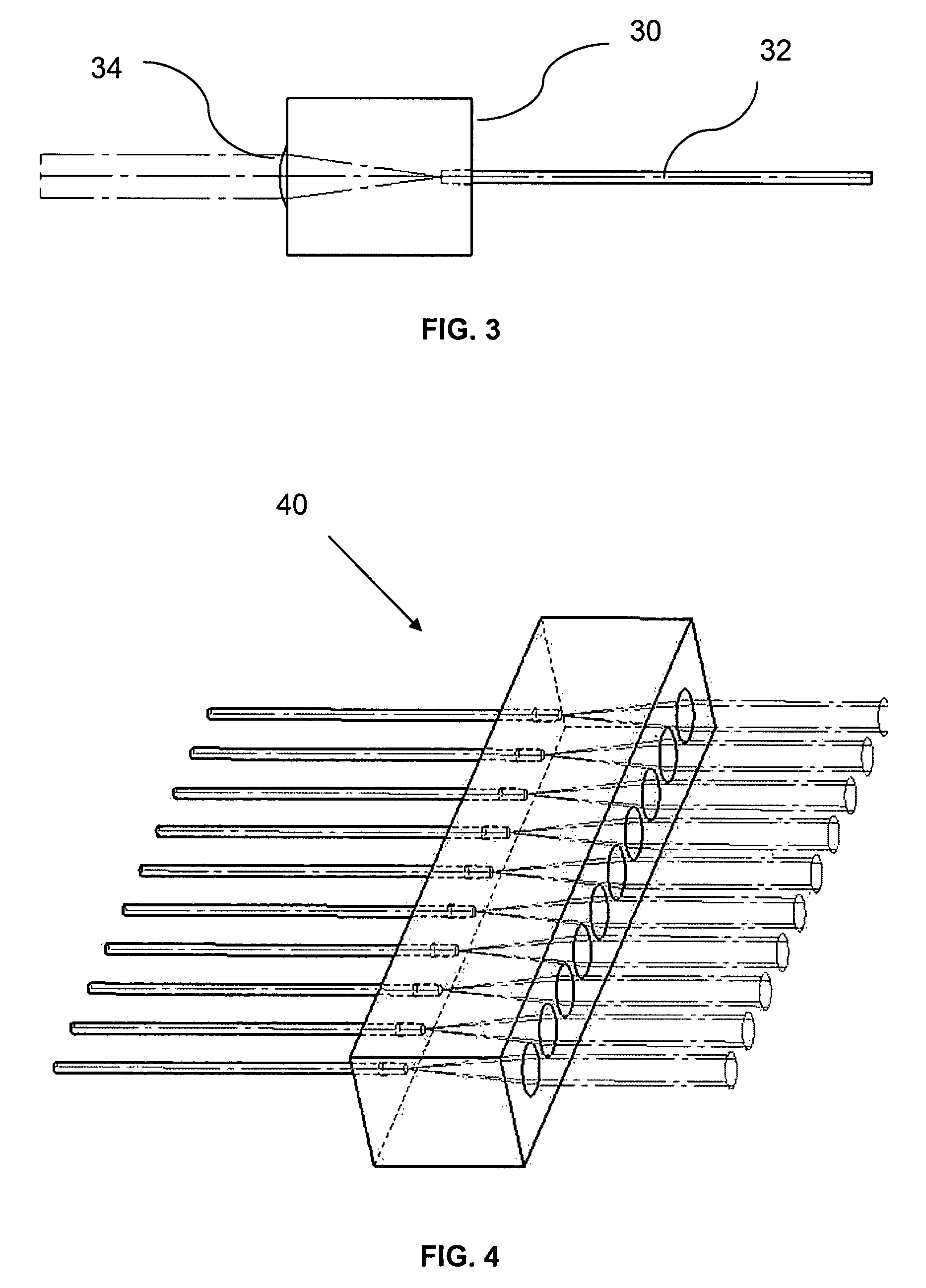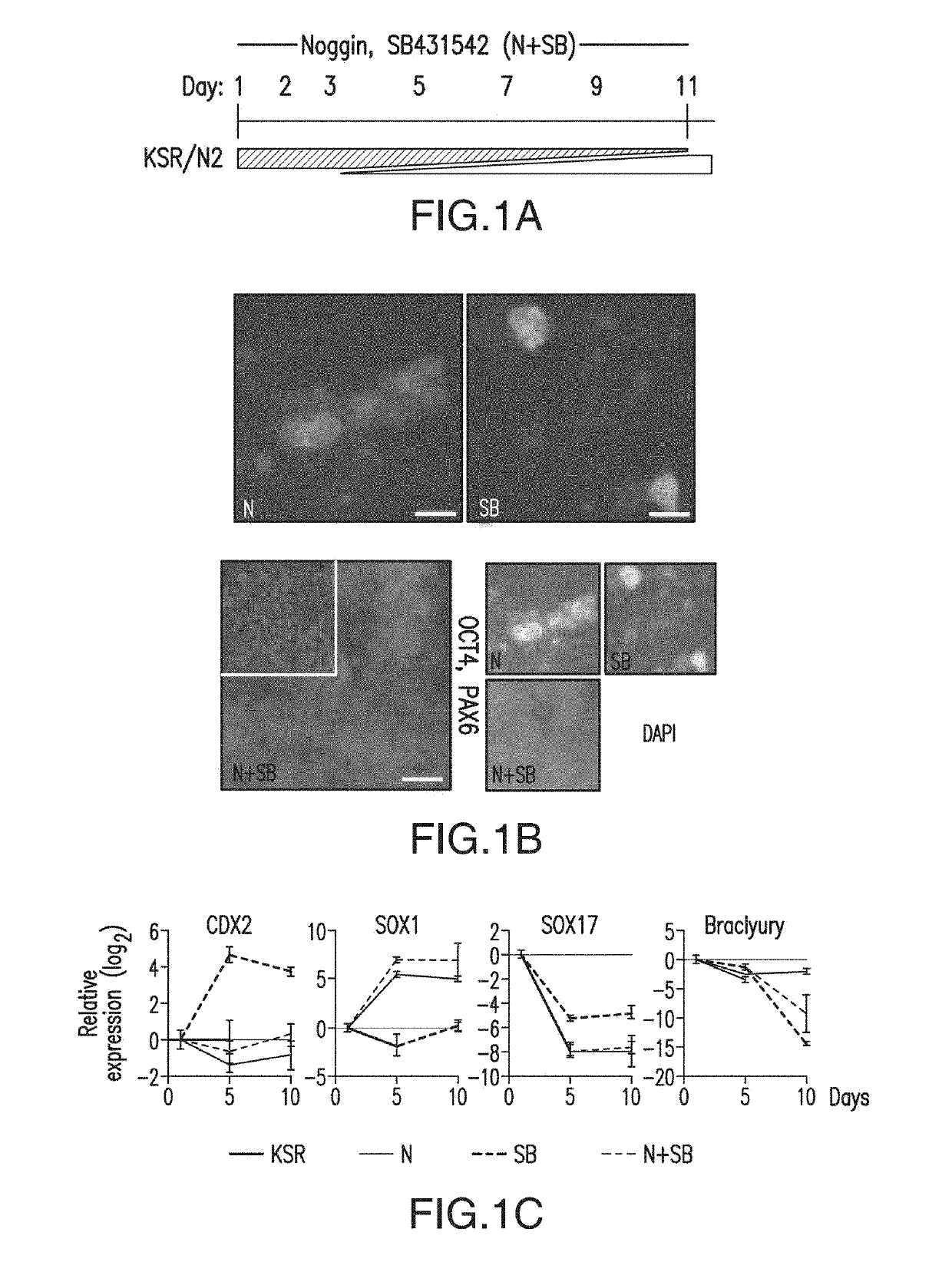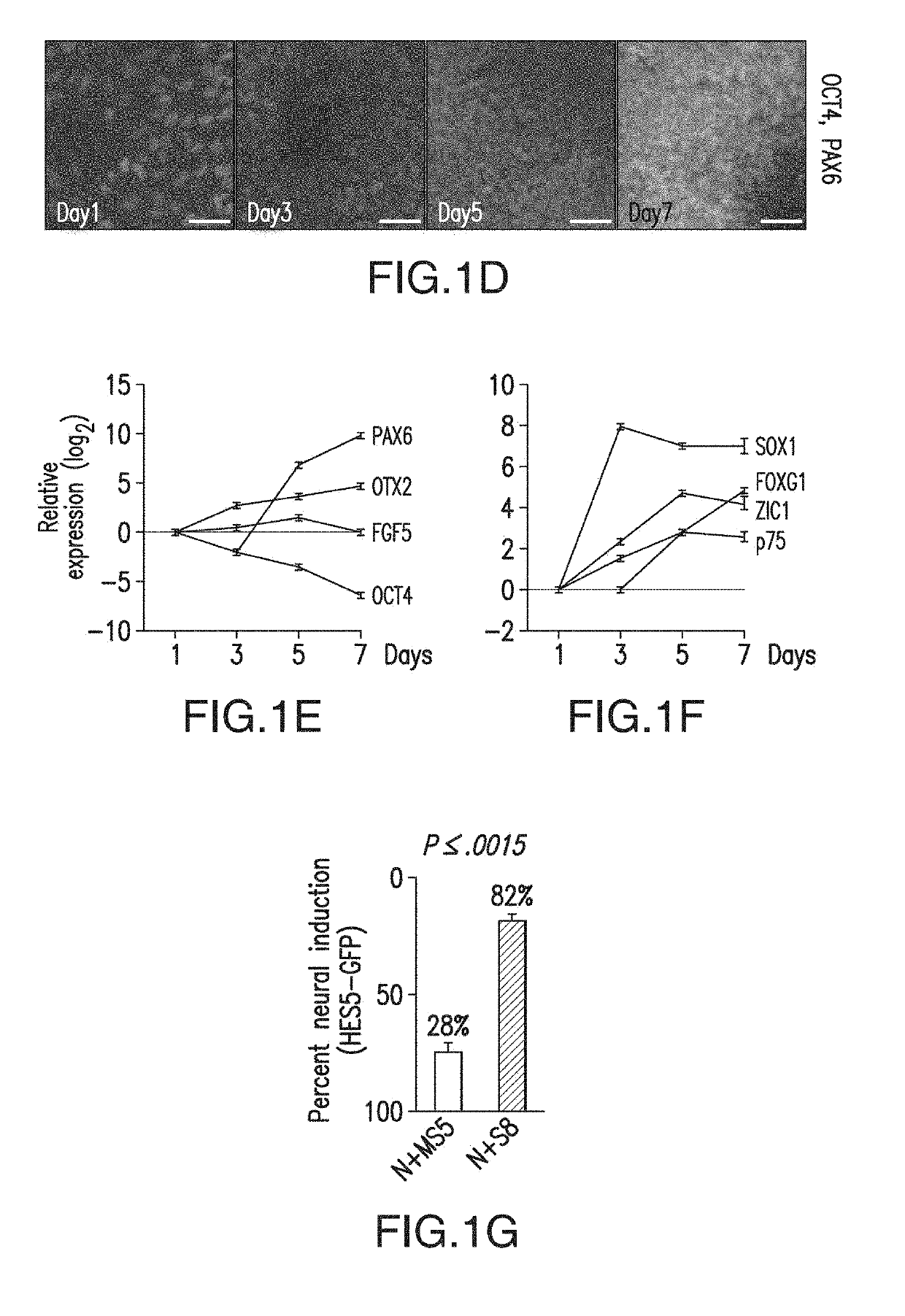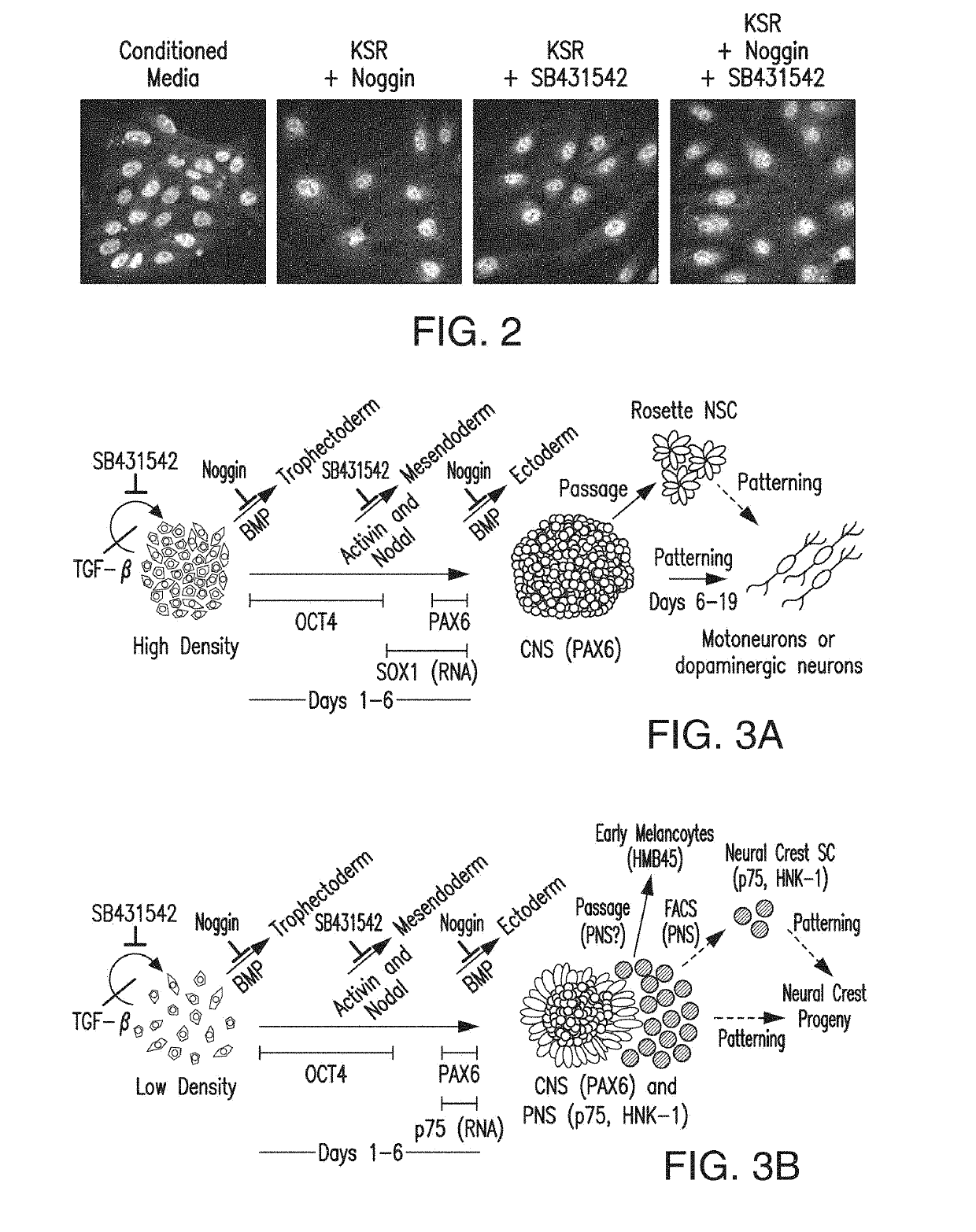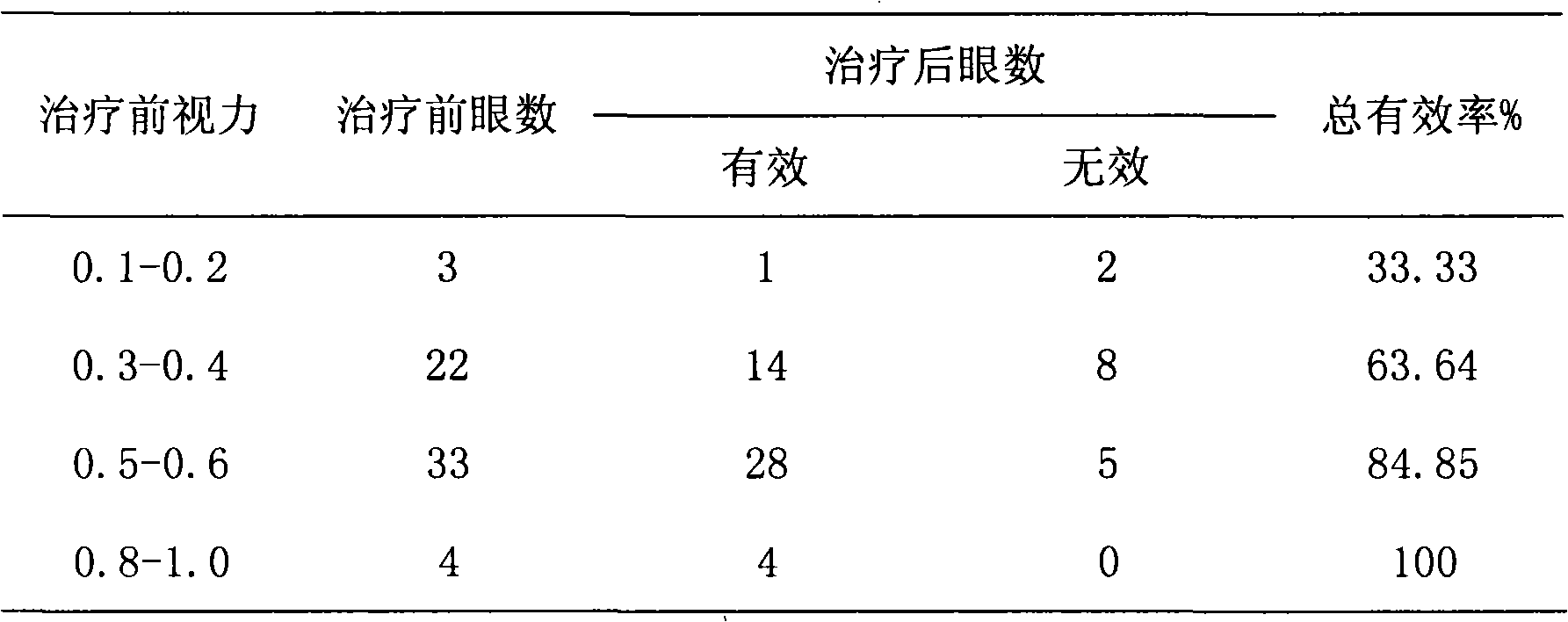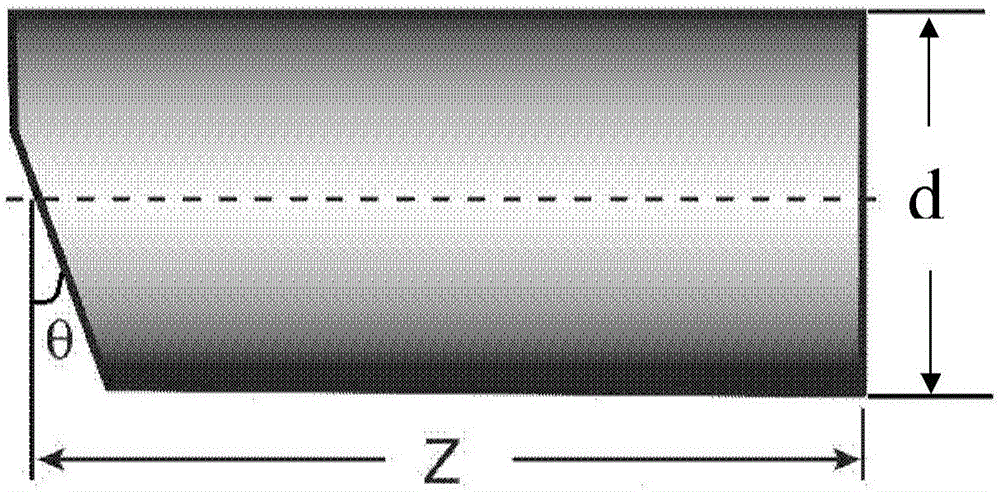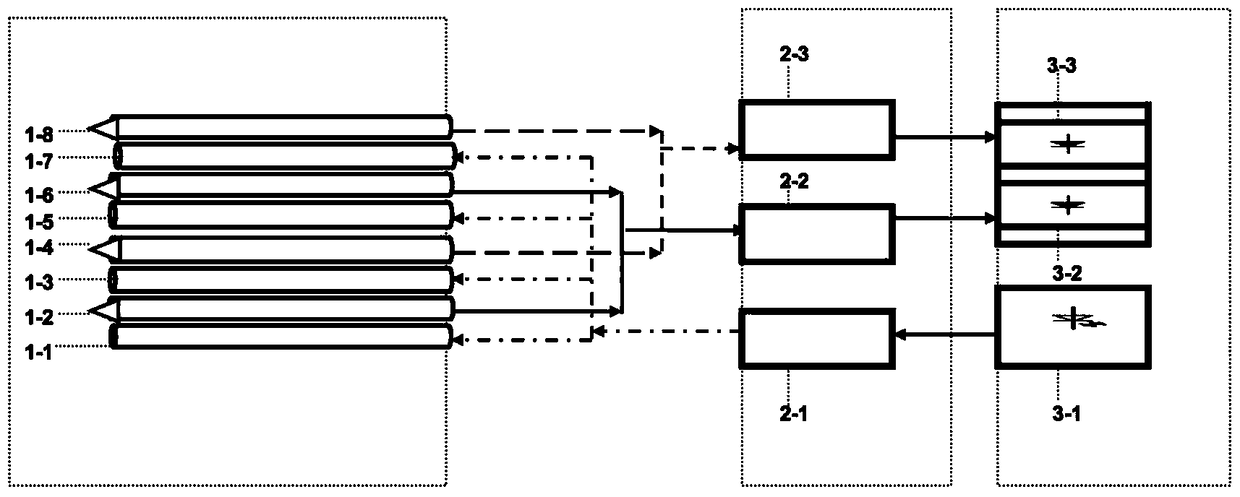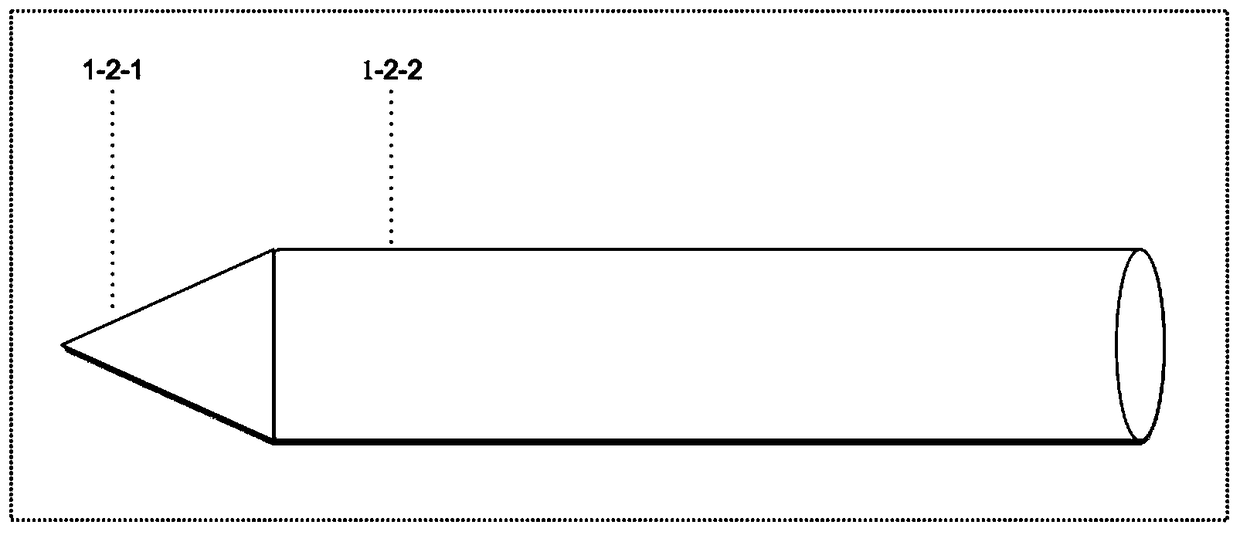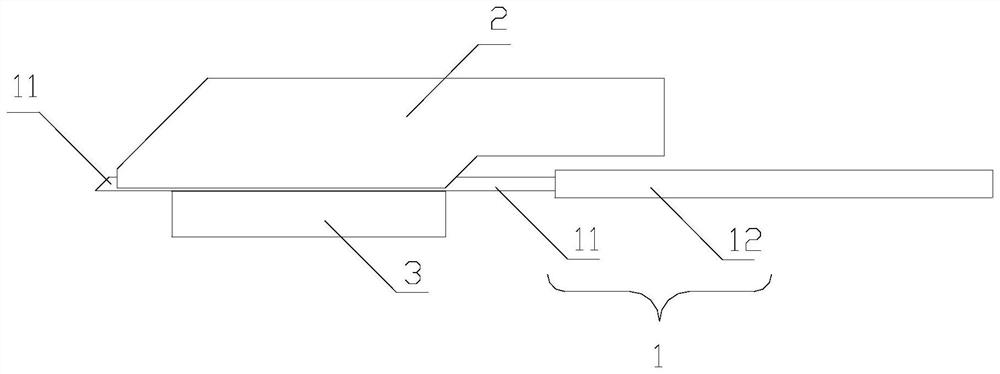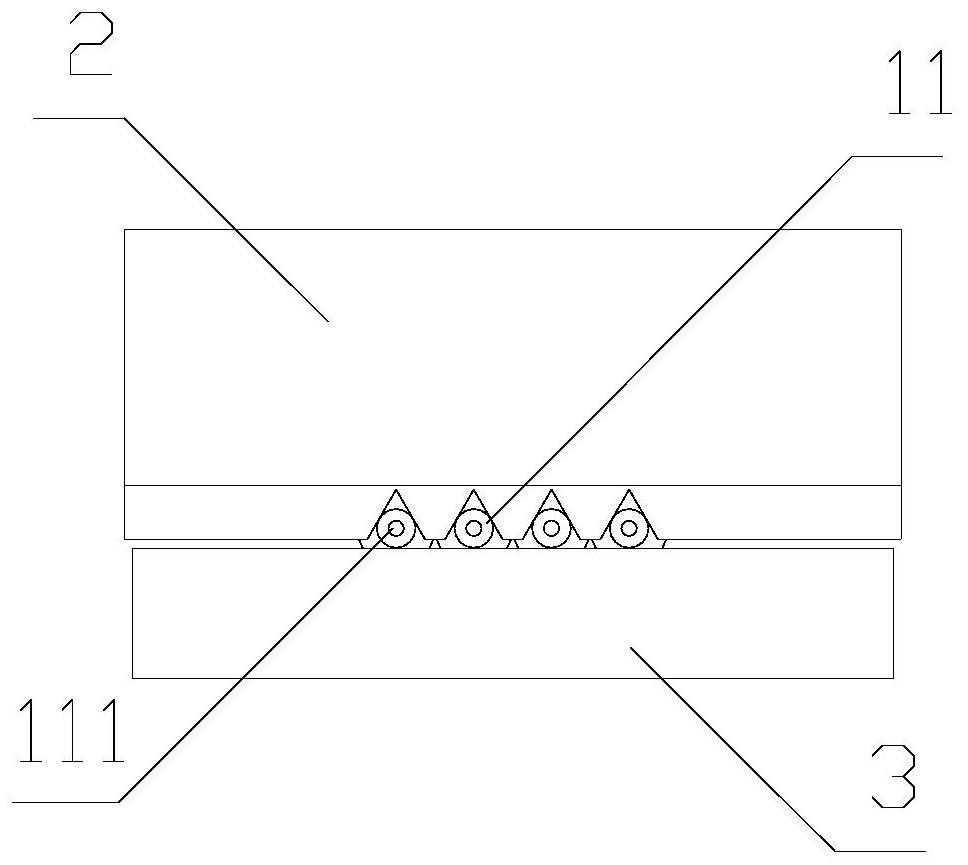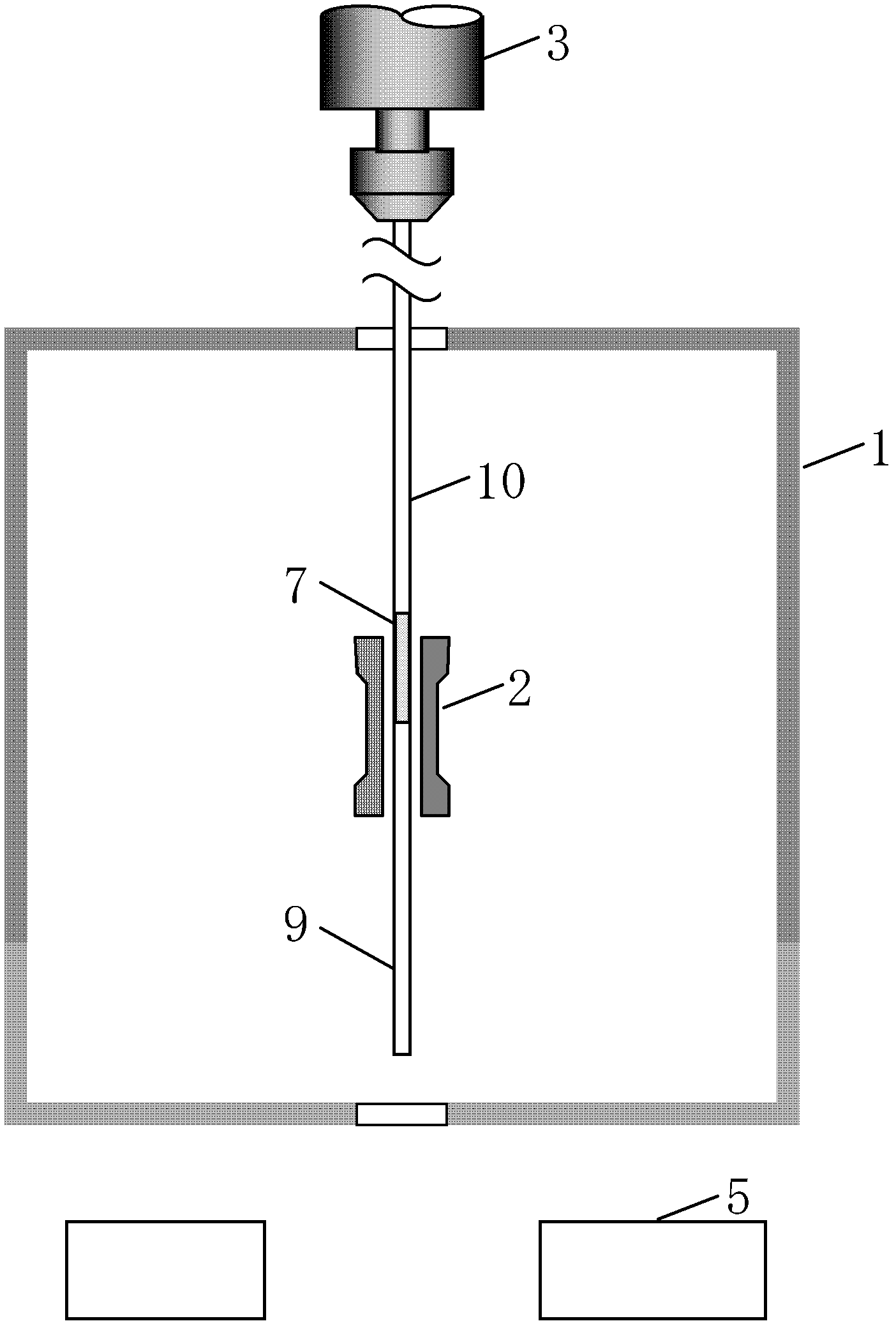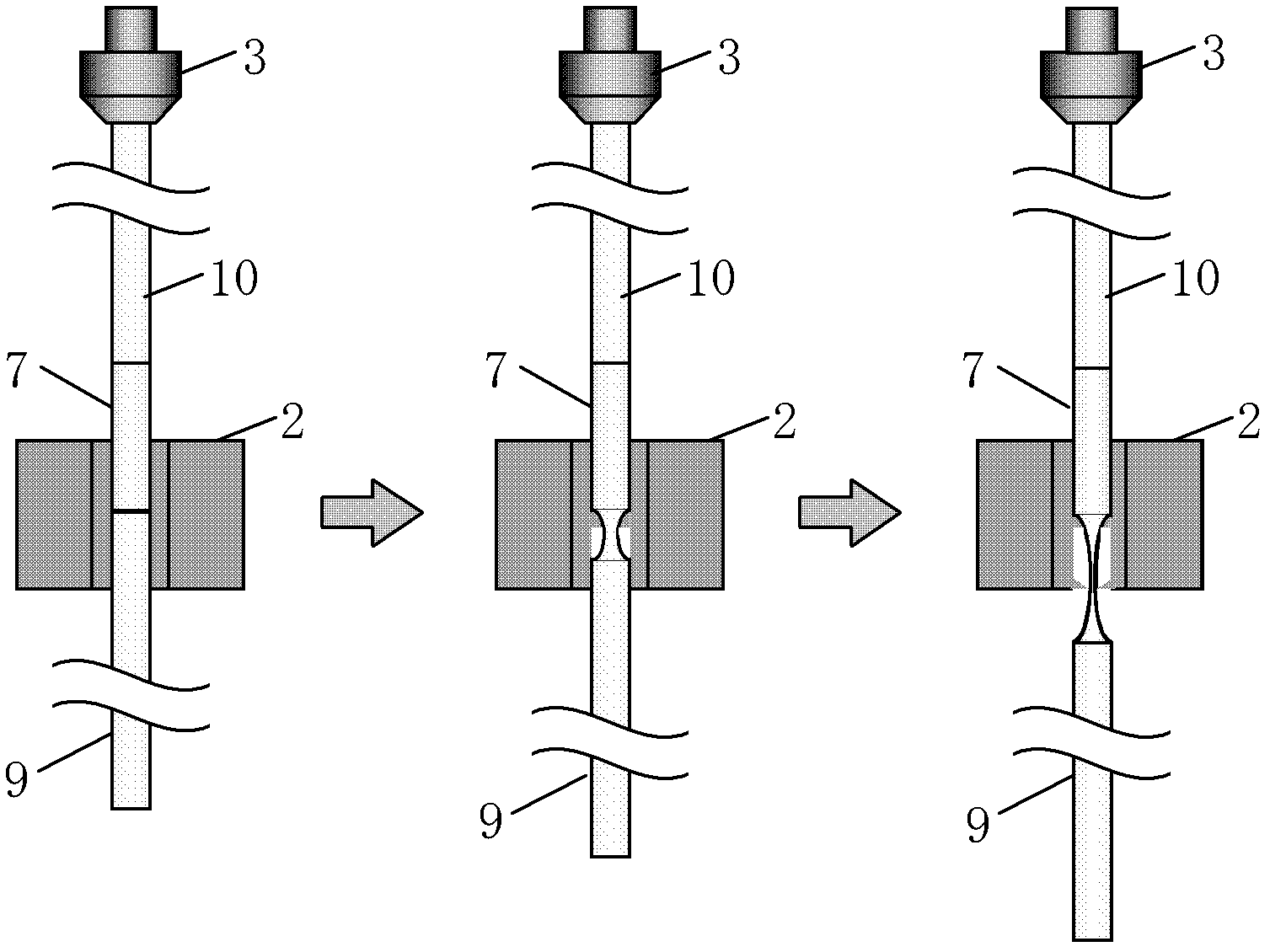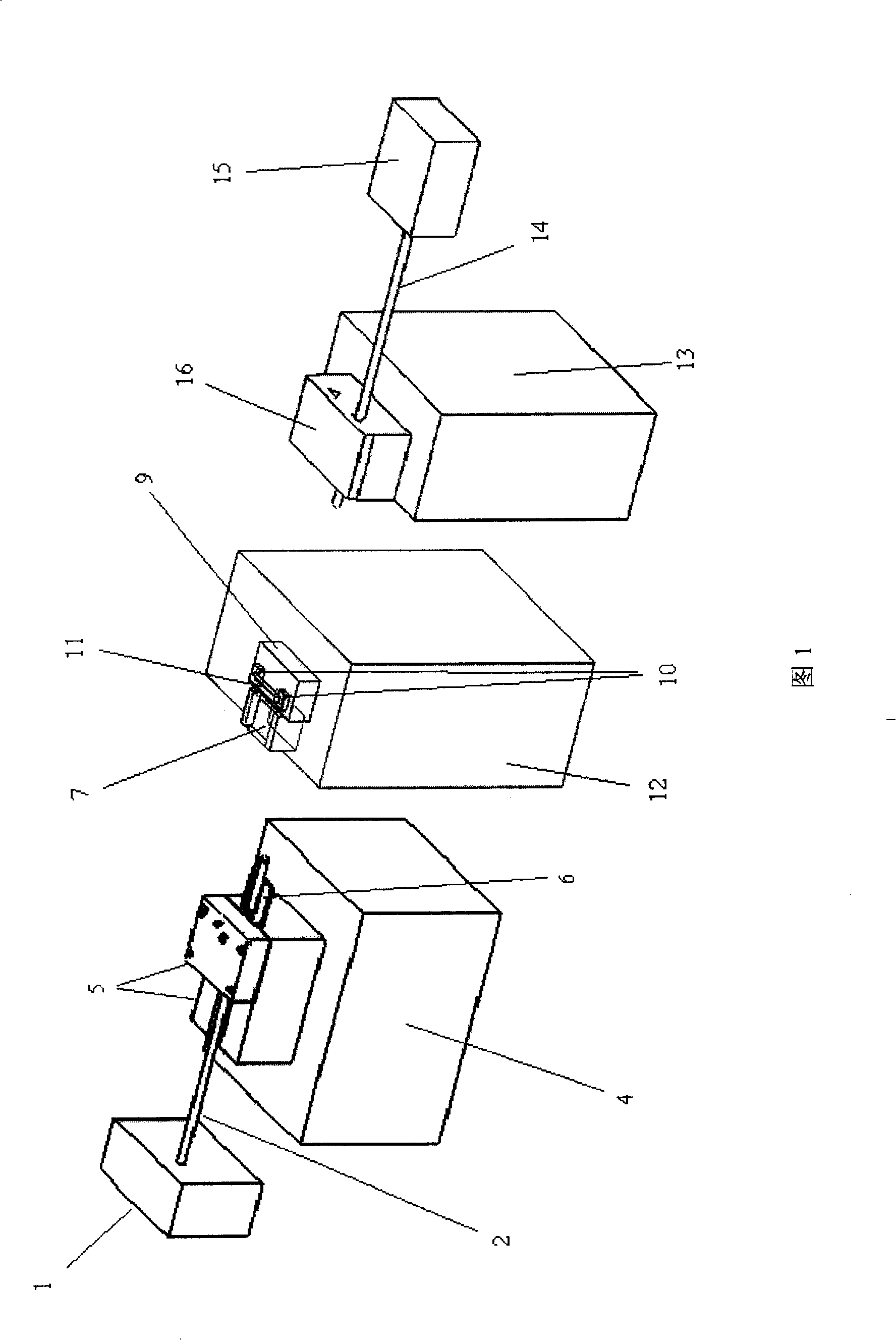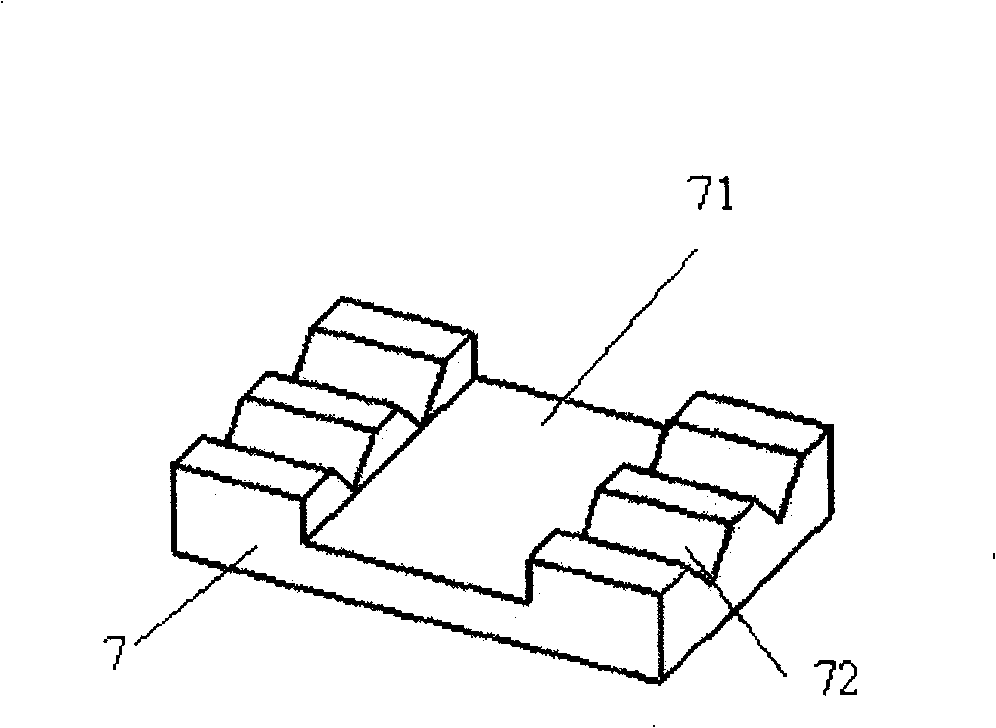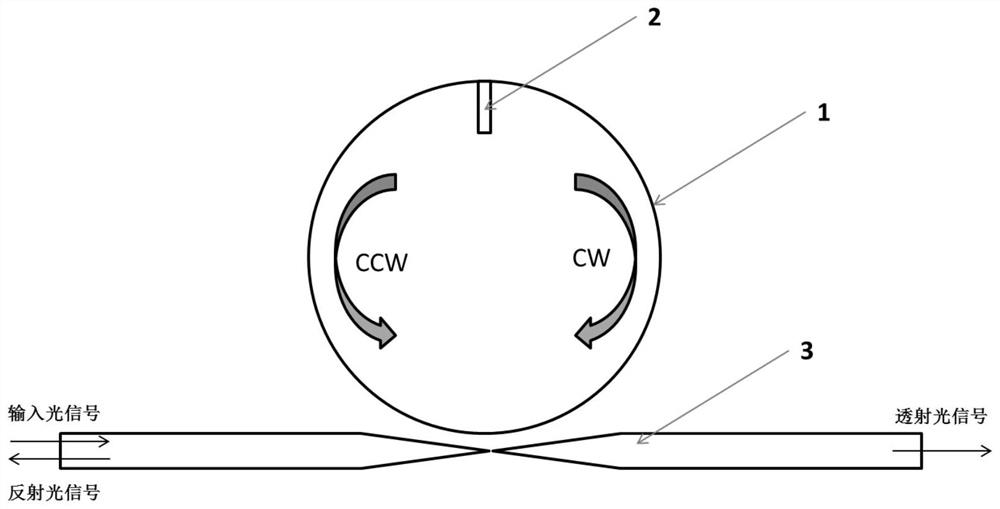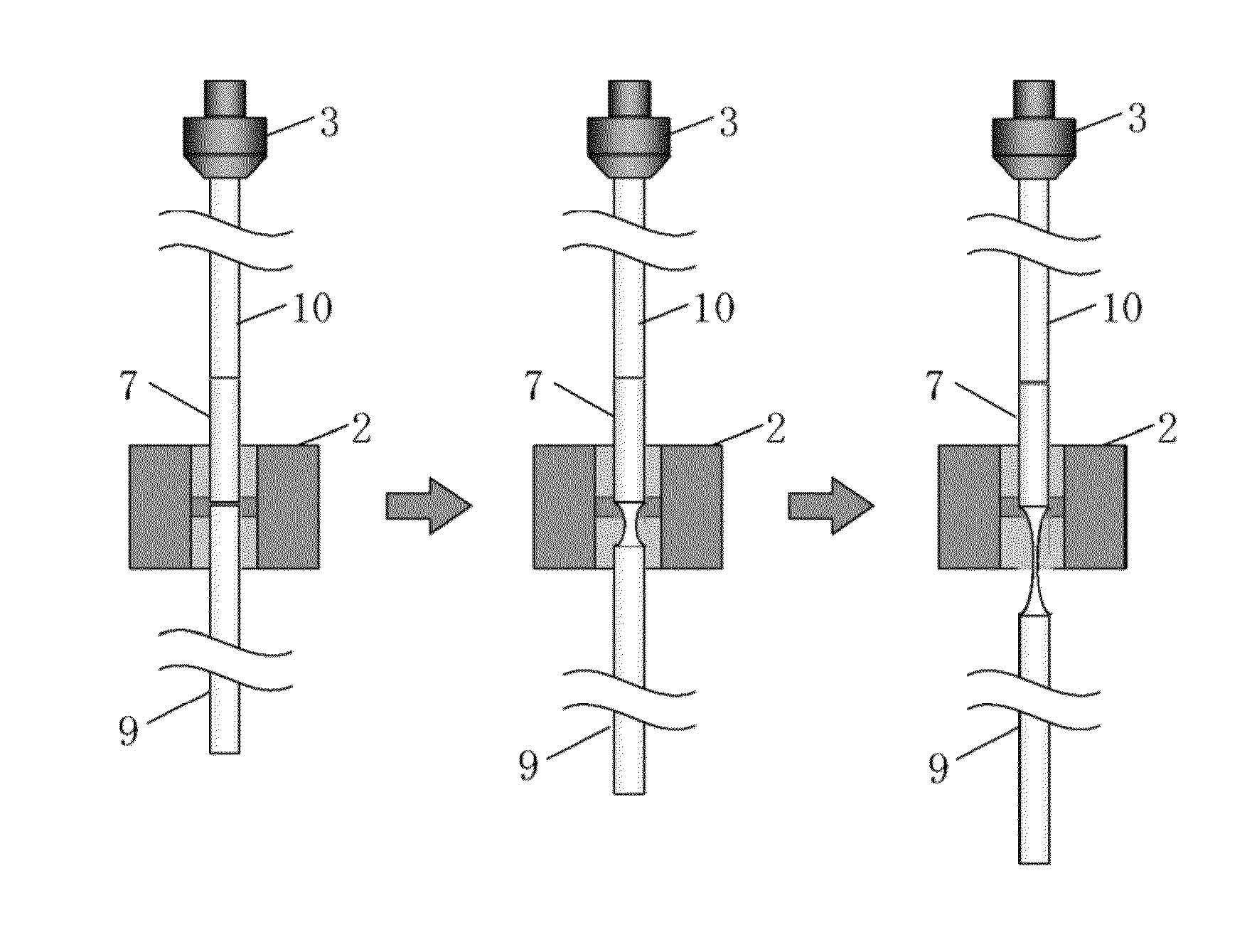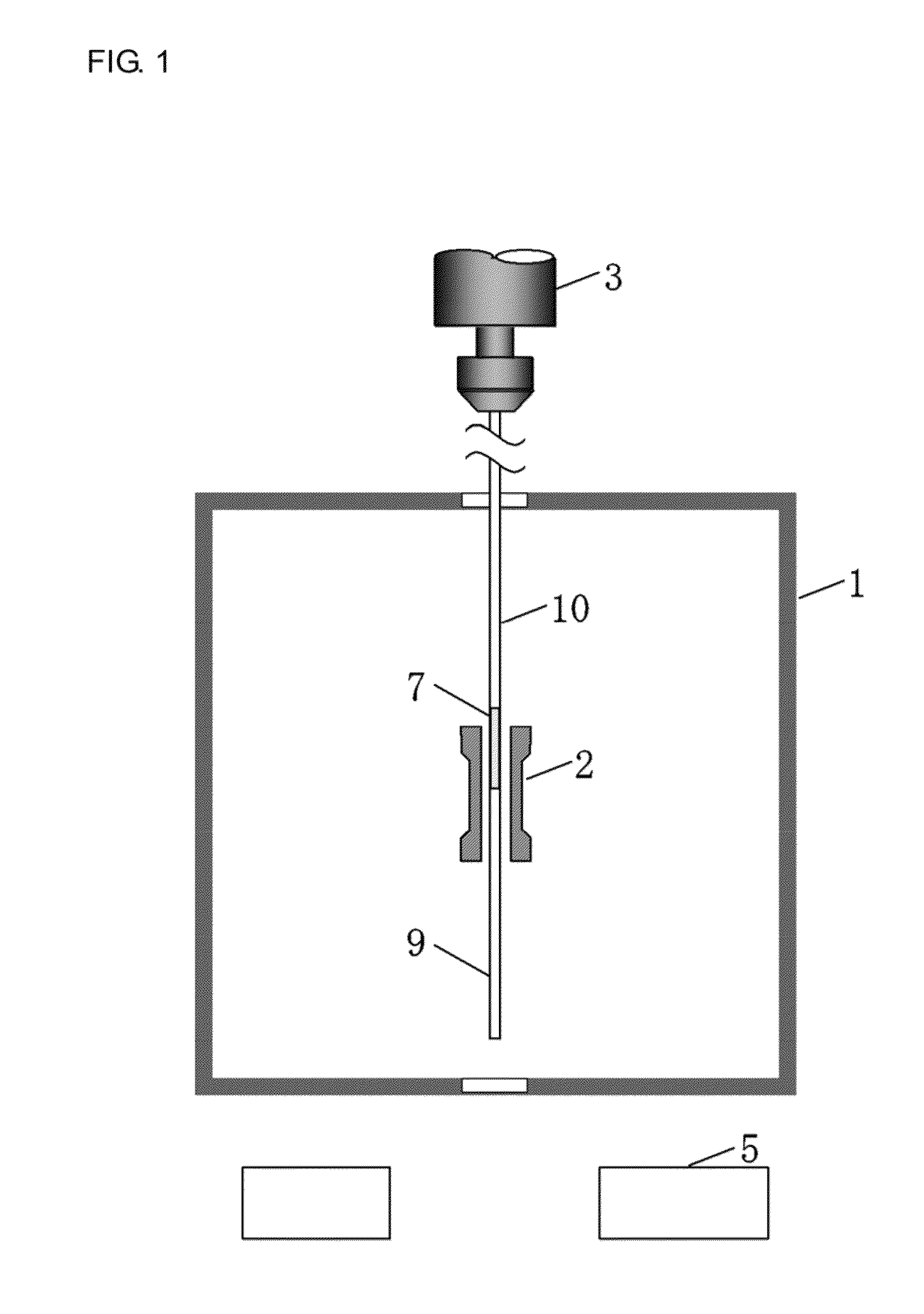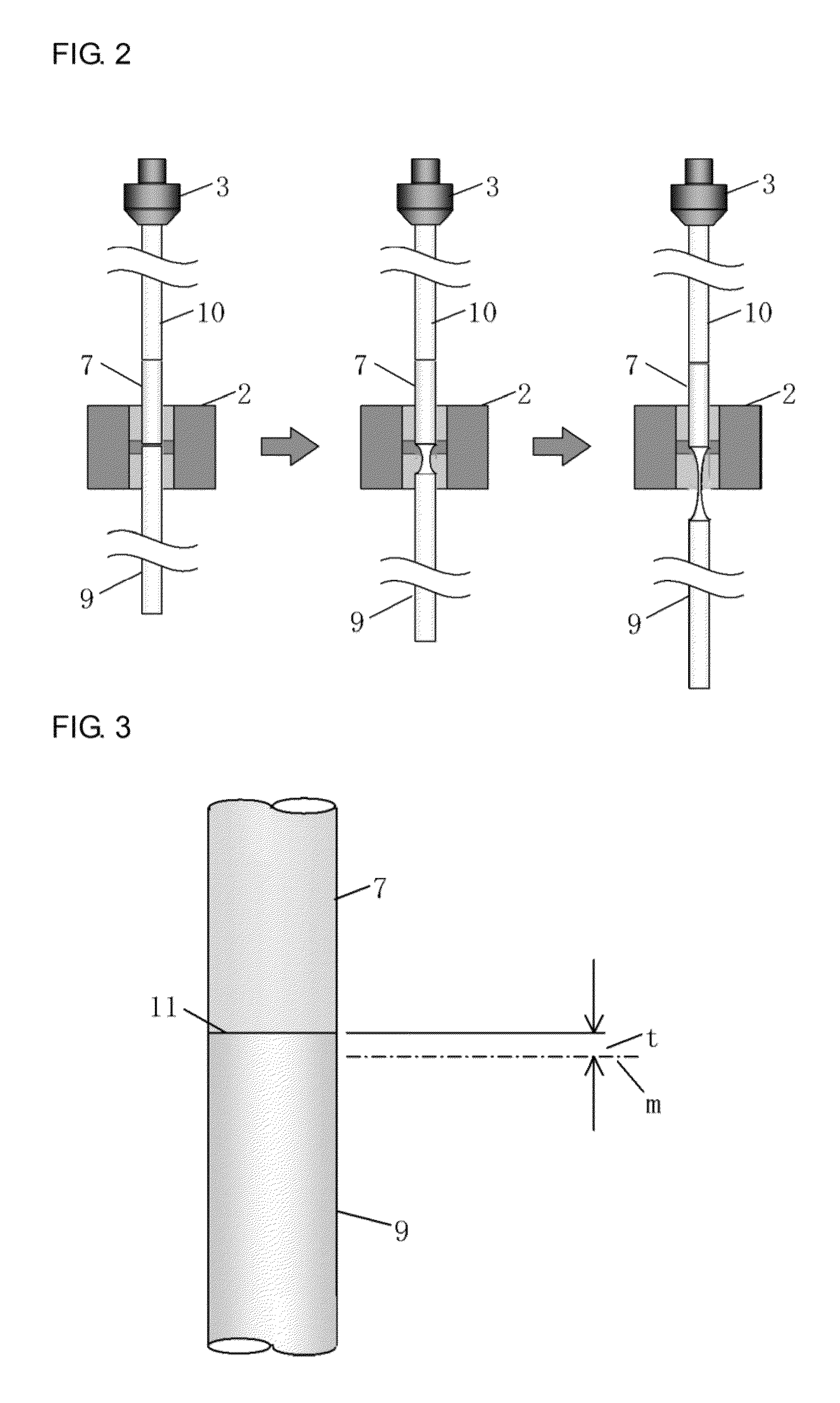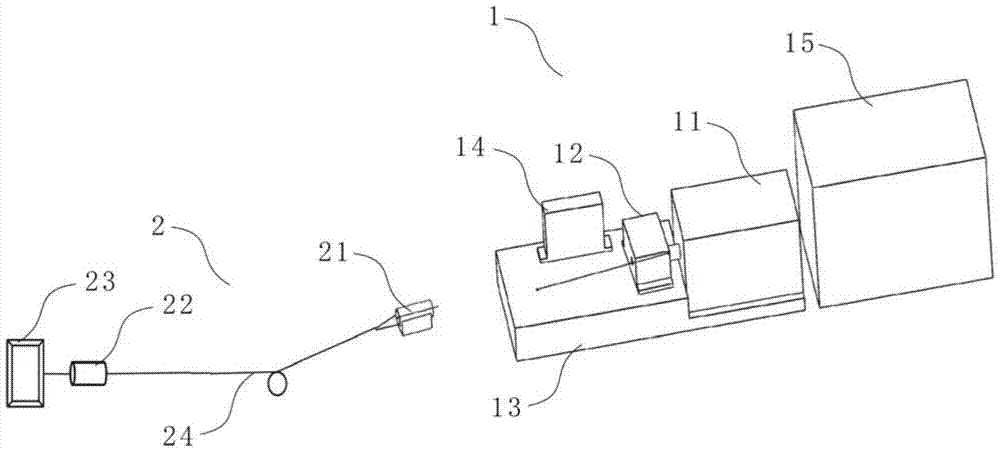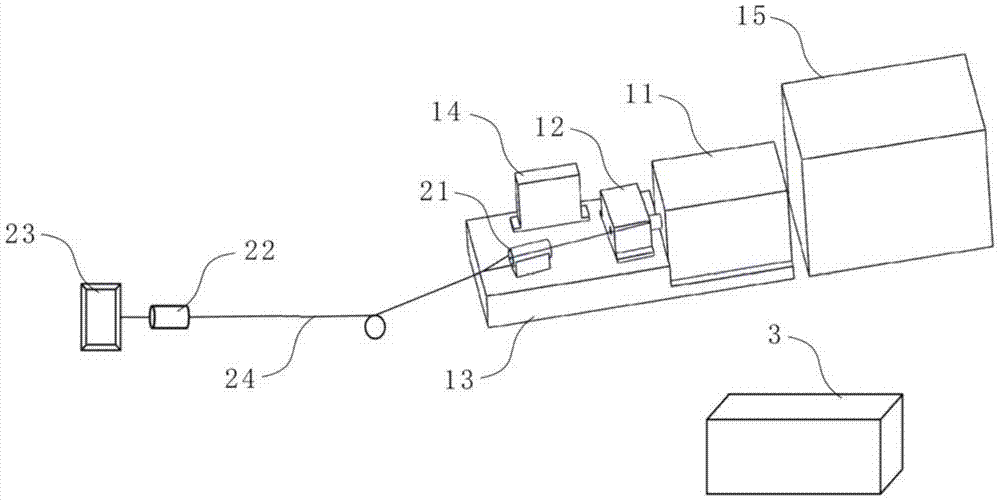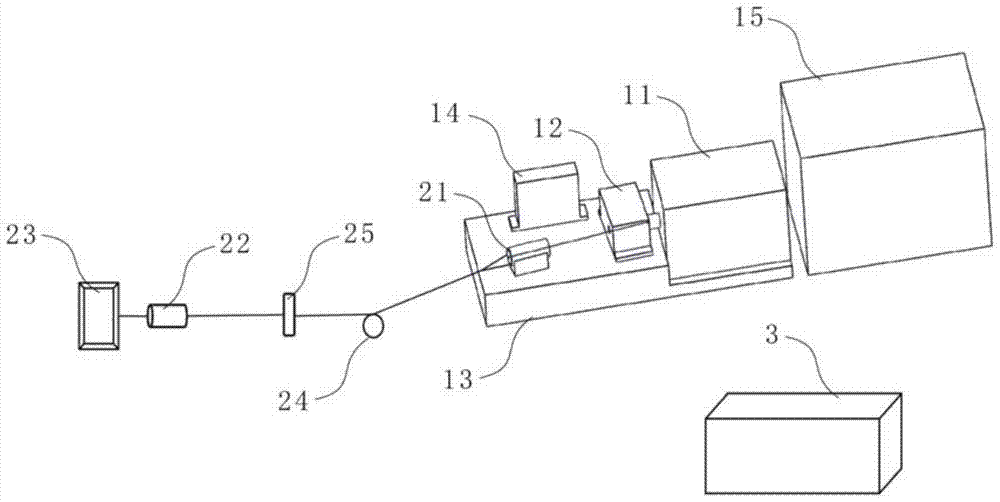Patents
Literature
Hiro is an intelligent assistant for R&D personnel, combined with Patent DNA, to facilitate innovative research.
37 results about "Lens Fiber" patented technology
Efficacy Topic
Property
Owner
Technical Advancement
Application Domain
Technology Topic
Technology Field Word
Patent Country/Region
Patent Type
Patent Status
Application Year
Inventor
The transparent, elongated cells extending from the posterior to anterior pole of the eye forming the concentric layers of the crystalline lens.
Presbyopia treatment by lens alteration
This invention effects a change in the accommodation of the human lens affected by presbyopia through the use of various reducing agents that change accommodative abilities of the human lens, and / or by applying energy to affect a change in the accommodative abilities of the human lens. This invention both prevents the onset of presbyopia as well as treats it. By breaking and / or preventing the formation of bonds that adhere lens fibers together causing hardening of the lens, the present invention increases the elasticity and distensibility of the lens and / or lens capsule.
Owner:ENCORE HEALTH LLC
Method for delivery of pharmaceuticals for treating or preventing presbyopia
ActiveUS20050287201A1Restoring accommodative amplitudeAccommodative ability is restoredElectrotherapyEye implantsLens FiberBiological activation
Embodiments of the present invention relate to a method for delivering pharmaceuticals to the lens of the eye to treat or prevent presbyopia. According to the embodiments, pharmaceuticals may be applied by providing the pharmaceuticals to the eye and promoting delivery of the pharmaceuticals into the lens capsule and / or lens fibers of the lens of the eye. Methods include iontophoresis, nano-medication, and photonic activation to deliver the pharmaceuticals to treat or prevent presbyopia.
Owner:ENCORE HEALTH LLC
Presbyopia treatment by lens alteration
This invention effects a change in the accommodation of the human lens affected by presbyopia through the use of various reducing agents that change accommodative abilities of the human lens, and / or by applying energy to affect a change in the accommodative abilities of the human lens. This invention both prevents the onset of presbyopia as well as treats it. By breaking and / or preventing the formation of bonds that adhere lens fibers together causing hardening of the lens, the present invention increases the elasticity and distensibility of the lens and / or lens capsule.
Owner:ENCORE HEALTH LLC
Method and apparatus for coupling a laser to a fiber in a two-lens laser system
Owner:GLOBAL TECH INC
Method for delivery of pharmaceuticals for treating or preventing presbyopia
ActiveUS7914815B2Restoring elasticity and movementIncrease the adjustment rangeElectrotherapyEye implantsLens FiberBiological activation
Embodiments of the present invention relate to a method for delivering pharmaceuticals to the lens of the eye to treat or prevent presbyopia. According to the embodiments, pharmaceuticals may be applied by providing the pharmaceuticals to the eye and promoting delivery of the pharmaceuticals into the lens capsule and / or lens fibers of the lens of the eye. Methods include iontophoresis, nano-medication, and photonic activation to deliver the pharmaceuticals to treat or prevent presbyopia.
Owner:ENCORE HEALTH LLC
Presbyopia treatment by lens alteration
InactiveUS7935332B2Restoring elasticity and movementIncrease the adjustment rangeBiocideSenses disorderLens FiberLens placode
This invention effects a change in the accommodation of the human lens affected by presbyopia through the use of various reducing agents that change accommodative abilities of the human lens, and / or by applying energy to affect a change in the accommodative abilities of the human lens. This invention both prevents the onset of presbyopia as well as treats it. By breaking and / or preventing the formation of bonds that adhere lens fibers together causing hardening of the lens, the present invention increases the elasticity and distensibility of the lens and / or lens capsule.
Owner:ENCORE HEALTH LLC
Presbyopia Treatment by Lens Alteration
InactiveUS20110135622A1Restoring elasticity and movementIncrease the adjustment rangeBiocideOrganic active ingredientsLens FiberLens placode
Owner:ENCORE HEALTH LLC
Semiconductor chaotic laser integrated with double feedback
ActiveCN105762646AIncrease Chaos BandwidthSpectrum flatLaser detailsSemiconductor lasersLaser rangingFrequency spectrum
The invention relates to the chaotic laser field, and specifically relates to a semiconductor chaotic laser integrated with double feedback. The semiconductor chaotic laser integrated with double feedback solves the technical problems that a current chaotic laser generation apparatus is large in volume, is easy to be influenced by the environment, and is unstable in outputting. The semiconductor chaotic laser utilizes double feedback to improve the chaotic bandwidth of an integrated device to make the frequency spectrum to be more flat. For the semiconductor chaotic laser, a double-cavity structure eliminates the fixed time delay of a common single-cavity integrated laser chip; the double feedback cavity are similar in length but are different so that the time delay characteristic of the single-cavity integrated laser is thoroughly eliminated; the security for chaotic communication, the accuracy for chaotic laser ranging, and the randomness of the randomized number are improved; and the semiconductor chaotic laser can be applied to the communication field, the remote sensing field, the sensing field and the like. The semiconductor chaotic laser integrated with double feedback only uses a DFB laser chip, a high performance photoelectric detector and a plane lens fiber to realize chaotic output and detection, and can realize simultaneous output of a chaotic laser signal and a chaotic electric signal. The semiconductor chaotic laser integrated with double feedback also has the advantages of being small in the volume of the integrated structure and being low in cost.
Owner:TAIYUAN UNIV OF TECH
Two-dimensional scan fiber optic probe for endoscopic optical coherence tomography
InactiveCN101711666AExtended Imaging DimensionsReduce volumePhase-affecting property measurementsDiagnostic recording/measuringLens FiberRefractive index
The invention discloses a two-dimensional scan fiber optic probe for endoscopic optical coherence tomography. The fiber optic probe is based on an asymmetric fiber cantilever structure which can form two independent orthogonal resonant modes which are mutually unaffected; and by using a single driving signal which comprises two resonant signal components, the two orthogonal resonant modes of the asymmetric fiber cantilever can be simultaneously excited to form a two-dimensional Lissajous scan pattern. The provided two-dimensional scan fiber optic probe based on the asymmetric fiber cantilever structure forms lens fibers by using single mode fibers and gradient index fibers, and then combines with a gradient index lens to realize the illumination of samples and the collection of backward scattered light. The two-dimensional scan fiber optic probe uses a position-sensitive detector integrated in the probe, can record the two-dimensional paths of the emergent light of the fiber optic probe in real time in an imaging cross section, and can realize accurate reconstruction of scan position information.
Owner:ZHEJIANG UNIV
Collimator array
ActiveUS20080030867A1Improve alignment accuracyCost advantage is lostMirrorsCondensersFiberLens Fiber
A collimator array using a molded element to hold the input fibers and to collimate the light. The input fibers are held within holes in one face of the element, and the collimation of the light emitted from the ends of the fibers is performed by an array of lenses appropriately located such that each lens collimates the light emitted from a fiber end. The lateral spacing between the holes is made to be equal to the lateral spacing between the lenses of the array. Since, in a molded element, this lateral spacing can be accurately provided, good alignment of the input fibers with the lenses can be achieved. The depths of the holes can be made such that when a fiber is inserted right to the bottom of a hole, the end of that fiber is accurately located such that the light emitted therefrom is collimated by the lens. This avoids the need for accurate manual alignment of the fibers of the array. Alternatively, the hole can be made slightly deeper than this predetermined depth, to provide some adjustment in the lens-fiber distance for adjusting the level of collimation.
Owner:II VI DELAWARE INC
Active aligning-fixing device and method for single-mode lens fiber and plate ridge-type waveguide
InactiveCN1991426AImprove coupling efficiencyImprove stabilityCoupling light guidesOptical power meterLens Fiber
The invention discloses an active alignment fixing apparatus and method of haplotype lens optical fiber and plate ridge waveguide. The device includes: laser device, haplotype lens input optical fiber, optical fiber transporter, optical fiber anchor, adjustable bracket, optical fiber adjustable groove, glass base, waveguide sample, haplotype lens output optical fiber and optical dynamometer and so on. The method includes following steps: 1) the haplotype lens input optical fiber is fixed on the optical fiber transporter; 2) the optical fiber transporter is fixed on the first adjustable bracket; 3) the glass base is fixed with the optical fiber adjustable groove; 4) the plate ridge waveguide sample is mounted on the base; (5) the haplotype lens output optical fiber is mounted on the second adjustable bracket, and align with the plate ridge waveguide sample; 6) the fixing course of coarse alignment; 7) the fixing course of accurate alignment; 8) the alignment is finished. The alignment fixing of the invention possesses high coupling efficiency and stability, and it can reduce the operation difficulty and technical cost, and reach lossless detachment and reutilization.
Owner:INST OF PHYSICS - CHINESE ACAD OF SCI
Optical gyroscope resonant cavity structure based on resonant mode broadening
The invention relates to an optical gyroscope resonant cavity structure based on resonant mode broadening. The structure is characterized by comprising a microring resonance cavity, an atomic bubble and a conical coupling fiber, wherein the atomic bubble is inserted into the microring resonance cavity, the conical coupling fiber couples light to the microring resonance cavity by adjusting the distance with the microring resonance cavity through a high-accuracy displacement platform; the microring resonance cavity is an echo wall mode resonance cavity with silicon dioxide as a main body; the atomic bubble comprises alkali metal atom gas and optical coatings, and the optical coatings are applied to the light beam incident surface and the light beam emergent surface of the alkali metal atom gas; the conical coupling fiber comprises two conical lens fibers, one conical lens fiber introduces light beams into the microring resonance cavity, and the other conical lens fiber couples the lightbeam to a detector from the microring resonance cavity. By means of the novel testing mode broadening method, the sensitivity of an integrated resonant gyroscope can be notably improved.
Owner:BEIHANG UNIV
Method for calibrating distance between lens fiber node and rotation axis of uniaxial tracking frame
InactiveCN101929841AHigh measurement accuracyImprove calibration accuracyUsing optical meansCamera lensLens Fiber
The invention discloses a method for calibrating distance between a lens fiber node and a rotation axis of an uniaxial tracking frame, belonging to the field of photoelectric measurement. The method comprises the following steps: 1) according to the optical imaging theory, building a mathematical model for calculating the distance between a lens fiber node and the rotation axis of the tracking frame in the photoelectric measurement system of the uniaxial tracking frame; 2) accurately measuring a required known quantity in the mathematical mode by an intersection measuring system and a measuring device; and 3) processing data by special mathematical processing software and the mathematical model so as to obtain the distance between a lens fiber node and the rotation axis of the tracking frame in the photoelectric measuring system of the uniaxial tracking frame. The method of the invention has high calibration precision, can greatly improve the measurement precision of the instrument and has higher use value.
Owner:CHANGCHUN INST OF OPTICS FINE MECHANICS & PHYSICS CHINESE ACAD OF SCI
Vertical fiber coupling module with multiple semiconductor lasers
InactiveCN102315591AClosely arrangedReduce dead spaceSemiconductor laser arrangementsLaser arrangementsLens FiberEngineering
The invention provides a vertical fiber coupling module with multiple semiconductor lasers. The vertical fiber coupling module comprises a package case and a plurality of fixed devices arranged at the top of the package case, wherein the fixed devices are provided with lens-fiber assemblies; the package case is internally provided with the semiconductor lasers coaxial with the lens-fiber assemblies, heat sinks for fixing the semiconductor lasers and a baseplate for fixing the heat sinks and electrically connected with the semiconductor lasers; the axes of the lens-fiber assemblies and the semiconductor lasers are vertical to a plane in which the baseplate is located; laser emitted by the semiconductor lasers enters upwards to the lens-fiber assemblies in the way of being vertical to the baseplate; and the laser emitting end of each semiconductor laser is provided with an optical lens for fast axis collimation. Compared with the prior art, the vertical fiber coupling module has the advantages of small volume, simple structure, good stability and convenience in adjustment and maintenance.
Owner:PHOEBUS VISION OPTO ELECTRONICS TECH
High-power pulse width tunable semiconductor laser module
InactiveCN109980498AReduce loopAchieve laser outputLaser detailsCoupling light guidesLens FiberComputer module
The invention discloses a high-power pulse width tunable semiconductor laser light source module, which utilizes optoelectronic integrated packaging technology to integrate laser drive control and a laser for package, performs fiber output on semiconductor laser coupling through a polarization combining technique and a self-focusing lens fiber coupling technology to achieve high peak power, smallvolume and narrow pulse, and uses an external trigger signal to realize pulse width tunable function. Compared with fiber lasers and solid lasers, the high-power pulse width tunable semiconductor laser light source module has obvious advantages in performance, cost and photoelectric conversion efficiency.
Owner:杭州晟创激光科技有限公司
Eyewear pupilometer
InactiveUS9720259B2Pupil size accuratelyAccurate and reliable measurementNon-optical adjunctsDiagnostic recording/measuringCamera lensFiber
The embodiments disclose an apparatus including an eyewear pupilometer for detecting, measuring and processing a wearer's pupil movement and size, for detecting and processing retinal images, for detecting and processing a wearer's field of view, for broadcasting alerts, for pre-diagnostic screening, for overriding vehicle operation and for measuring, recording and transmitting circadian responses, at least one eyewear pupilometer module including a lens fiber optic camera module, an image processor module, a retinal image infrared detector module, an outward camera module, at least one alert module, an alert light and message projector, a WI-FI module, an automated pullover module, an automated steering module, fiber optic & data cables, a contact lens pupilometer image, sensor and processor module, and at least one eyewear pupilometer module coupled to and / or embedded into eyewear frames and lenses, contact lenses, a vehicle wind shield and protective covers for hand held devices and laptop computers.
Owner:HART WILLIAM +4
Optoelectric acupuncture and moxibustion instrument with combined jar
InactiveCN1526459AAvoid overdoseReduce energy lossSuction-kneading massageRadiation therapyFiberLens Fiber
The optoelectric acupuncture and moxibustion instrument with combined jar has semi-spherical jar top, jar bottom with rubber ring in the edge and jar body between the jar top and the jar bottom. One hand piston is set inside the ventilation opening at center of the jar top, and one optical fiber socket is connected via fiber with laser diode as laser source. Laser beam is coupled to the jar top via the micro spherical lens fiber combination, and the electric needle socket is connected via cable with multi-waveform generator. The instrument has small size and light weight, is convenient in carrying about and use and suitable for irradiation in various parts of human body with low power coherent laser beam in selected wavelength while avoid indifferent wavelength and strong radiation produce over-irradiation.
Owner:戴永江 +2
Method and apparatus for coupling a laser to a fiber in a two-lens laser system
A laser module having a laser optically coupled with an optical fiber via a collimating lens and a focusing lens is formed. The laser is mounted in a laser housing so that its laser light output is directed toward a laser housing wall opening in a laser housing wall of the laser housing. A lens-fiber housing having a lens installed in a first end thereof and a light-receiving input end of the fiber disposed in a bore at a second end thereof is provided. The lens and input end of the fiber form a collimator. The lens-fiber housing is mounted from the outside of the laser housing to the laser housing wall to receive collimated light transmitted from inside the laser housing through the laser housing wall opening. The collimating lens is actively aligned in the laser housing, between the laser and the laser housing wall opening, to determine an aligned position. The collimating lens is secured in the laser housing at the aligned position.
Owner:GLOBAL TECH INC
Collimator array
A collimator array using a molded element to hold the input fibers and to collimate the light. The input fibers are held within holes in one face of the element, and the collimation of the light emitted from the ends of the fibers is performed by an array of lenses appropriately located such that each lens collimates the light emitted from a fiber end. The lateral spacing between the holes is made to be equal to the lateral spacing between the lenses of the array. Since, in a molded element, this lateral spacing can be accurately provided, good alignment of the input fibers with the lenses can be achieved. The depths of the holes can be made such that when a fiber is inserted right to the bottom of a hole, the end of that fiber is accurately located such that the light emitted therefrom is collimated by the lens. This avoids the need for accurate manual alignment of the fibers of the array. Alternatively, the hole can be made slightly deeper than this predetermined depth, to provide some adjustment in the lens-fiber distance for adjusting the level of collimation.
Owner:II VI DELAWARE INC
Specification of functional cranial placode derivatives from human pluripotent stem cells
ActiveUS10273452B2Reduce functionInhibit phosphorylationSenses disorderNervous disorderInduced pluripotent stem cellLens Fiber
Cranial placodes are embryonic structures essential for sensory and endocrine organ development. The efficient derivation of cranial placodes from human pluripotent stem cells is disclosed where the timed removal of the BMP inhibitor Noggin, a component of the dual-SMAD inhibition strategy of neural induction, triggers placode induction at the expense of CNS fates. Further fate specification at the pre-placode stage enables the selective generation of placode-derived trigeminal ganglia capable of in vivo engraftment, mature lens fibers and anterior pituitary hormone-producing cells that upon transplantation produce hormones including, but not limited to, human growth hormone and adrenocortiocotropic hormone in vivo. Alternatively, anterior pituitary hormone-producing cells are generated in cell culture systems in vitro.
Owner:MEMORIAL SLOAN KETTERING CANCER CENT
Chinese medicine for treating and relaying age-related cataract advancement
InactiveCN102526341AImproves the way fiber is metabolizedAvoid turbiditySenses disorderPlant ingredientsIntermediate stageLens cell
The invention discloses a Chinese medicine for treating and relaying age-related cataract advancement. The Chinese medicine consists of 20g of prepared rehmannia root, 15g of barbary wolfberry fruit, 15g of south dodder seed, 12g of plantain seed, 12g of chrysanthemum, 12g of Chinese wolfberry root-bark and 20g of indian buead. Usage: one dose is taken every day, the Chinese medicine is taken orally after being decocted with water, and one treatment course lasts for 60 days. After a decoction is taken by one treatment course, the apparent rate in early and middle-stage patients suffering from age-related cataract is 11.29 percent, the effective rate is 64.52 percent, the ineffective rate is 24.19 percent, and the total effective rate is 75.81 percent; and the vision of patients is improved in different degrees. The decoction has definite curative effects of treating early and middle-stage age-related cataract and relaying the advancement of age-related cataract, and key points for treating the age-related cataract include invigorating the liver and the kidney, invigorating the spleen and improving eyesight. The acting mechanism of the Chinese medicine is possibly related to repair of impaired crystalline lens cell membranes, improvement on a crystalline lens fiber metabolizing way and further suppression of the development of lens opacity with the decoction.
Owner:NINGXIA MEDICAL UNIV
Full capsular bag culture regeneration crystalline lens model as well as construction method and application thereof
PendingCN114480283AQuick fixAvoid damageCompound screeningApoptosis detectionLens FiberOphthalmology
The invention provides a full capsular bag culture regeneration crystalline lens model and a construction method and application thereof, and belongs to the technical field of regeneration crystalline lens model construction. The invention provides a method for constructing a full-capsular culture regenerated crystalline lens model, which comprises the following steps of: upwards placing an anterior capsular membrane of a crystalline lens in low-melting-point agarose gel with the temperature of 37 DEG C, enabling the liquid level of the gel to submerge the equator part of the crystalline lens, reserving the anterior capsular membrane, and after the gel is solidified, cutting at the anterior capsular membrane, and removing crystalline lens fiber agglomerates; and then changing the liquid of the whole lens capsular bag fixed by the gel in the culture medium every other day for culture. According to the crystalline lens regeneration construction method, low-melting-point agarose gel is used, crystalline lens tissue can be rapidly fixed, damage to crystalline lens epithelial cells can be reduced, the 3D spherical structure of the capsule can be maintained, and the defects that an existing in-vitro crystalline lens culture model mostly damages the capsule or the crystalline lens epithelial cells, and the culture efficiency is high are overcome. Or the original spherical structure of the crystalline lens is difficult to maintain.
Owner:EYE INST OF SHANDONG FIRST MEDICAL UNIV
Highly-doped broad-spectrum erbium-ytterbium co-doped superfluorescent fiber source integrated device
InactiveCN105811228AIncrease Absorption GainAchieve integrationActive medium shape and constructionLens FiberFluorescence
A highly-doped broad-spectrum erbium-ytterbium co-doped superfluorescent fiber source integrated device comprises a tube shell, a refrigerator, a heat sink, a 980nm laser tube core, a self-focusing lens, a highly-doped erbium-ytterbium co-doped phosphate glass fiber and a tapered lens fiber.The tube shell is in a square structure; the refrigerator is made on the inner bottom surface of the tube shell; the heat sink is made on the upper surface of the refrigerator; the 980nm laser tube core, the self-focusing lens, the highly-doped erbium-ytterbium co-doped phosphate glass fiber and the tapered lens fiber are sequentially arranged on the heat sink and positioned on a same optical path, and the 980nm laser tube core is used for providing pump light.Collimation and focusing of divergent beams are realized by the aid of the self-focusing lens, and efficiency in coupling of a pump laser and highly-doped fibers is improved.
Owner:INST OF SEMICONDUCTORS - CHINESE ACAD OF SCI
Sand ultra-low frequency vibration sensor based on optical fiber array with lens
ActiveCN105606195BReduce volumeImprove corrosion resistanceSubsonic/sonic/ultrasonic wave measurementFluid speed measurementPhotovoltaic detectorsLens Fiber
The invention relates to a sand ultralow-frequency vibration sensor based on a lens-contained fiber array. The sensor is composed of an optical fiber array probe part, an optical branching and combiner part, and a light source and photoelectric detector part. The optical fiber array probe part consist of a first multimode fiber, a first lens fiber, a second multimode fiber, a second lens fiber, a third multimode fiber, a third lens fiber, a fourth multimode fiber, and a fourth lens fiber. The optical branching and combiner part includes a 1*4 optical branching unit, a second 2*1 optical combiner, and a second 2*1 optical combiner; and the light source and photoelectric detector part includes a light source, a first channel of a photoelectric detector, and a second channel of the photoelectric detector. According to the invention, because of the special arrangement way of the fiber array and the high light receiving capability of the tapered-lens-based fiber, detection of ultralow-frequency motion characteristics of small-sized particle objects like sands and PM2.5 particles can be realized.
Owner:SHANGHAI JIAO TONG UNIV
A corner lens optical fiber array and its manufacturing method
ActiveCN110609353BImprove coupling efficiencyWith focus functionCoupling light guidesFiberLens Fiber
The invention relates to an angle lens optical fiber array and a fabrication method thereof. A bare fiber end surface of the optical fiber array is an inclined optical plane, the front end, located ina region outside a fiber core, on the optical plane cuts off a tip end in a vertical plane, a convex-surface lens protruding forwardly is formed at a cut-off section, and the focus of the convex-surface lens is located within the fiber core of the optical fiber. According to the angle lens optical fiber array and the fabrication method thereof, the optical path angle can be rapidly realized basedon the optical fiber array, 40%-50% of the coupling efficiency is achieved compared with the conventional optical fiber array, cutting processing of the end surface of the optical fiber array is performed and the convex-surface lens protruding forwardly is formed so that the end surface of the optical fiber array has a focusing function, the coupling efficiency is greatly improved, 60%-70% of thecoupling efficiency can be achieved, and most scene application requirements can be met; and advantages of short delivery cycle, low premise investment and wide temperature resistance can satisfy themodernized requirement of rapid iteration with higher and higher requirement.
Owner:WUHAN POWERISE OPTOELECTRONICSAL TECH
Method for drawing grin lens fiber
InactiveCN102365244AReduce wasteFast stretchingOptical fibre with graded refractive index core/claddingGlass fibre drawing apparatusFiberLens Fiber
Disclosed is a method for drawing a GRIN lens fiber wherein waste of preform is reduced when drawing of a GRIN lens from a preform is started, and the time from start of elongation to start of winding of a preform is shortened. Since a preform having a weight fusion-bonded to the lower end is set in a heating furnace and drawing of a preform is started by heating the fusion-bonded portion of the preform and the weight, waste of the preform can be reduced. Since elongation speed of the preform is increased by the weight, the time from start of the elongation to start of the winding of the preform can be shortened.
Owner:TOYO SEIKAN GRP HLDG LTD
Active aligning-fixing device and method for single-mode lens fiber and plate ridge-type waveguide
InactiveCN100412587CImprove coupling efficiencyImprove stabilityCoupling light guidesOptical power meterLens Fiber
The invention discloses an active alignment fixing apparatus and method of haplotype lens optical fiber and plate ridge waveguide. The device includes: laser device, haplotype lens input optical fiber, optical fiber transporter, optical fiber anchor, adjustable bracket, optical fiber adjustable groove, glass base, waveguide sample, haplotype lens output optical fiber and optical dynamometer and so on. The method includes following steps: 1) the haplotype lens input optical fiber is fixed on the optical fiber transporter; 2) the optical fiber transporter is fixed on the first adjustable bracket; 3) the glass base is fixed with the optical fiber adjustable groove; 4) the plate ridge waveguide sample is mounted on the base; (5) the haplotype lens output optical fiber is mounted on the second adjustable bracket, and align with the plate ridge waveguide sample; 6) the fixing course of coarse alignment; 7) the fixing course of accurate alignment; 8) the alignment is finished. The alignment fixing of the invention possesses high coupling efficiency and stability, and it can reduce the operation difficulty and technical cost, and reach lossless detachment and reutilization.
Owner:INST OF PHYSICS - CHINESE ACAD OF SCI
A Resonant Cavity Structure of Optical Gyroscope Based on Resonant Mode Broadening
Owner:BEIHANG UNIV
Method for drawing grin lens fiber
ActiveUS9422186B2Increase speedShorten the timeOptical fibre with graded refractive index core/claddingGlass fibre drawing apparatusFiberLens Fiber
When drawing of a GRIN lens from a preform is started, wastage of the preform is reduced and the amount of time taken from the start of elongation of the preform to the start of winding is reduced. A preform, to a lower end of which a weight formed of silica is fused, is set in a heating furnace, and drawing of the preform is started by heating a fused portion where the preform and the weight are fused to each other. This can reduce wastage of the preform. Since an elongation speed of the preform is increased by the weight of the weight, the amount of time taken from the start of the elongation of the preform to the start of winding can be decreased.
Owner:TOYO SEIKAN GRP HLDG LTD
Laser Time Mark Signal Generator for High Speed Photography
The invention discloses a laser time scale signal generator for high-speed photography, which belongs to an optical transient test supporting device. The laser time scale signal generator includes an acousto-optic modulation component and a signal light transmission component; the acousto-optic modulation component It includes at least a continuous laser and an acousto-optic modulator. Both the continuous laser and the acousto-optic modulator are installed on the base. The signal light transmission component includes at least a condenser lens, an optical fiber collimator and a diffuse reflection target. The incident end of the fiber collimator is connected, and the fiber collimator corresponds to the diffuse reflection target; the pulse laser generated by the cooperation of the continuous laser and the acousto-optic modulator is used as the time scale signal (signal light), which has high safety and is easy to operate It is safe; and the pulsed laser is visible to the eye, and it can be predicted whether it is working normally before the test, which can completely avoid the loss of the time scale signal, and has high reliability; the frequency of the pulsed laser generated by the acousto-optic modulation is stable and has high precision, which improves the accuracy of the time scale signal .
Owner:INST OF FLUID PHYSICS CHINA ACAD OF ENG PHYSICS
Features
- R&D
- Intellectual Property
- Life Sciences
- Materials
- Tech Scout
Why Patsnap Eureka
- Unparalleled Data Quality
- Higher Quality Content
- 60% Fewer Hallucinations
Social media
Patsnap Eureka Blog
Learn More Browse by: Latest US Patents, China's latest patents, Technical Efficacy Thesaurus, Application Domain, Technology Topic, Popular Technical Reports.
© 2025 PatSnap. All rights reserved.Legal|Privacy policy|Modern Slavery Act Transparency Statement|Sitemap|About US| Contact US: help@patsnap.com


